Note
When updating this post during the game, the books actually selected will be highlighted in bold print and with a check mark (√) next to them.
Updates
Spell invoked: Bingo Flip with Lora — STONE COLD HORROR replaced by READ BY FLASHLIGHT OR CANDLELIGHT
Also, as our game hosts have made it clear that (like in most previous years) the center square won’t be called (but rather, can be claimed as soon as we’ve read a book for it), I’ll be adding a fourth marker for that square (read = called), featuring Charlie’s brother Sunny!
The Card

My Markers




Read Called Read & Called Read = Called
The Spell Pack

Authors (and books) possibly to be used with Amplification Spell:
Preet Bharara: Doing Justice
Roseanne A. Brown: A Song of Wraiths and Ruin
Hannah Crafts: The Bondwoman’s Narrative
Edwidge Danticat: Krik? Krak!, Breath, Eyes, Memory
Emma Donoghue: The Sealed Letter, Kissing the Witch
Aminatta Forna: The Devil That Danced on the Water
Gabriel García Márquez: Cien años de soledad (One Hundred Years of Solitude), El coronel no tiene quien le escriba (No one Writes to the Colonel and Other Stories)
Nino Haratischwili: Die Katze und der General
Marie-Elena John: Unburnable
Orhan Pamuk: My Name Is Red
Various Authors: Trinidad Noir
Oksana Zabuzhko: The Museum of Abandoned Secrets
Wild Card Author:
Agatha Christie
Possible squares for Bingo Flip and / or Transfiguration Spell:



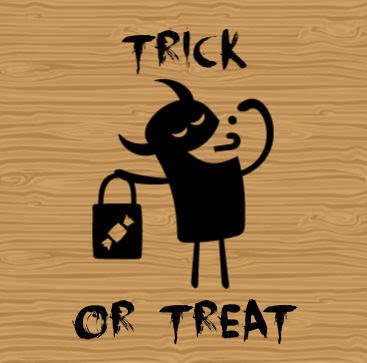
Bingo Flip:



Spell invoked: Bingo Flip with Lora –“Stone Cold Horror” replaced by “Read by Flashlight or Candlelight”.
The Squares
 SLEEPY HOLLOW
SLEEPY HOLLOW
Most likely:
Alice Hoffman: The River King √
Alternatives:
Stephen King: Pet Semetary, Misery, Shawshank Redemption, Carrie, The Talisman
Robert B. Parker: The Godwulf Manuscript, School Days, Chance, Hush Money, Small Vices
Harriet Elizabeth Prescott Spofford: The Amber Gods and Other Stories
Ellery Queen: Calamity Town
Sofie Ryan: The Whole Cat and Caboodle
Donna Tartt: The Secret History
Joel Townsley Rogers: The Red Right Hand





 FILM AT 11
FILM AT 11
Most likely:
Ellis Peters: The Devil’s Novice √
or: Robert Louis Stevenson: Kidnapped
Alternatives:
Marie Belloc Lowndes: The Lodger
R.D. Blackmore: Lorna Doone
Emily Brontë: Wuthering Heights
Raymond Chandler: The Little Sister
Erskine Childers: The Riddle of the Sands
Agatha Christie: Endless Night, The Pale Horse, Curtain, Halloween Party
Ann Cleeves: The Crow Trap
Michael Crichton: The Great Train Robbery
Charles Dickens: Oliver Twist, Bleak House, David Copperfield
Alexandre Dumas: The Three Musketeers
T.S. Eliot: Old Possum’s Book of Practical Cats
Michael Ende: Die unendliche Geschichte
Thomas Hardy: The Mayor of Casterbridge, Tess of the D’Urbervilles
Peter Høeg: Smilla’s Sense of Snow
Victor Hugo: The Hunchback of Notre Dame
Craig Johnson: The Cold Dish
Stephen King: Misery, Shawshank Redemption, Carrie, The Talisman
Harper Lee: To Kill a Mockingbird
Dennis Lehane: Shutter Island
Philip MacDonald: The List of Adrian Messenger
Mario Puzo: The Godfather
J.K. Rowling: Harry Potter series
William Shakespeare: Hamlet, Macbeth, The Merchant of Venice, King Lear, Richard III
Bram Stoker: Dracula
Joan D. Vinge: Ladyhawke
Oscar Wilde: The Picture of Dorian Gray
R.D. Wingfield: A Killing Frost





 SOUTHERN GOTHIC
SOUTHERN GOTHIC
Most likely:
Sharyn McCrumb: The Ballad of Tom Dooley √
Alternatives:
Hannah Crafts: The Bondwoman’s Narrative
Carolyn G. Hart: Death on Demand
Michael McDowell: Blackwater
Herman Melville: The Confidence-Man
Julie Smith: Louisiana Hotshot
Various Authors: New Orleans Noir





 MURDER MOST FOUL
MURDER MOST FOUL
Most likely:
Michael Connelly: The Night Fire √
or: Jason Goodwin: The Janissary Tree
or: Anna Katharine Green: The Leavenworth Case
Oo. Robert van Gulik: Celebrated Cases of Judge Dee
or: Margaret Millar: The Listening Walls
Alternatives:
Gary Corby: The Ionia Sanction
Deborah Crombie: Dreaming of the Bones
Martin Edwards (ed.), Various Authors: Setting Scores or The Measure of Malice (British Library Crime Classics anthologies)
Ian Fleming: Goldfinger or Moonraker
Graham Greene: The Confidential Agent
Ellen Kushner: Swordspoint
Donna Leon: The Jewels of Paradise, The Golden Egg, Friends in High Places, or Fatal Remedies
Mystery Writers of America Presents: Odd Partners
George Pelecanos: Hard Revolution
Otto Penzler (ed.), Various Authors: The Big Book of Female Detectives
Ian Rankin: Rebus Audio Box Set 1
Ruth Rendell: Some Lie and Some Die, A Demon in My View, Thirteen Steps Down, Harm Done, A Sight for Sore Eyes, End in Tears, Simisola, Road Rage, A Dark Blue Perfume and Other Stories, An Unkindness of Ravens, Shake Hands Forever, A Guilty Thing Surprised, or The Speaker of Mandarin
J.D. Robb: Naked in Death
Georges Simenon: Maigret: Die spannendsten Fälle
Various Authors: Classic Crime Short Stories (audio collection)
Various Authors: Classic Railway Murders (audio collection)
… or any of the murder mysteries listed as options for other squares on my card.





 SPELLBOUND
SPELLBOUND
Most likely:
Naomi Novik: Spinning Silver √
Alternatives:
Hans Christian Andersen: Fairy Tales
J.M. Barrie: Peter Pan
Roseanne A. Brown: A Song of Wraiths and Ruin
Lois McMaster Bujold: The Curse of Chalion
Mikhail Bulgakov: The Master and Margarita
Emma Donoghue: Kissing the Witch
Michael Ende: Die unendliche Geschichte
Stephen Fry: Heroes
Neil Gaiman: Fragile Things
Tessa Gratton: The Queens of Innis Lear
Robert Jordan: The Eye of the World
Stephen King: Carrie, The Talisman
Katherine Kurtz: Deryni Rising
Ursula K. Le Guin: A Wizard of Earthsea
Anne McCaffrey: Dragonsong
Alexander McCall Smith (ed.): The Girl Who Married a Lion (African Folk Tales)
Vonda N. McIntyre: Dreamsnake
Christopher Paolini: Inheritance
Terry Pratchett: Jingo, Maskerade, Small Gods, BBC Dramatizatons (Mort, Wyrd Sisters, Guards! Guards!, Eric, Small Gods, Night Watch)
Philip Pullman: His Dark Materials
J.K. Rowling: Harry Potter books
William Shakespeare: Macbeth
Mary Stewart: The Last Enchantment
Michael J. Sullivan: Theft of Swords
Judith Tarr: Alamut, The Isle of Glass
J.R.R. Tolkien: The Children of Húrin, Tales from the Perilous Realm
Aimée & David Thurlo: Second Sunrise
Various Authors: Magicats
Joan D. Vinge: Ladyhawke
Oscar Wilde: The Picture of Dorian Gray
Janny Wurts: Stormwarden





 INTERNATIONAL WOMAN OF MYSTERY
INTERNATIONAL WOMAN OF MYSTERY
Most likely:
Marie-Elena John: Unburnable √
Alternatives:
Margaret Atwood: Alias Grace, The Robber Bride
Roseanne A. Brown: A Song of Wraiths and Ruin
Hannah Crafts: The Bondwoman’s Narrative
Edwidge Danticat: Krik? Krak!, Breath, Eyes, Memory
Emma Donoghue: The Sealed Letter, Kissing the Witch
Sarah Dunant: Blood & Beauty
Tana French: Broken Harbour
Nino Haratischwili: Die Katze und der General
Hannah Kent: Burial Rites
Barbara Nadel: Land of the Blind
Edna O’Brien: House of Splendid Isolation, The Little Red Chairs
S.J. Rozan: China Trade
Julie Smith: Louisiana Hotshot
Oksana Zabuzhko: The Museum of Abandoned Secrets





 TERROR IN A SMALL TOWN
TERROR IN A SMALL TOWN
Most likely:
Michael Jecks: The Malice of Unnatural Death √
or: Ann Cleeves: Red Bones
or: Peter Grainger: Songbird or But for the Grace
or: Cyril Hare: Death Walks the Woods or Untimely Death
or: Michael Jecks: The Templar’s Penance, The Mad Monk of Gidleigh, The Chapel of Bones, or The Butcher of St. Peter’s
Alternatives:
Rennie Airth: River of Darkness
Margery Allingham: Blackkerchief Dick
Margaret Atwood: Alias Grace
Simon Beaufort: Deadly Inheritance
Francis Beeding: Death Walks in Eastrepps
E.C. Bentley: Trent’s Own Case
R.D. Blackmore: Lorna Doone
Emily Brontë: Wuthering Heights
Carol Carnac: Crossed Skies
John Dickson Carr: Castle Skull
Erskine Childers: The Riddle of the Sands
Agatha Christie: Endless Night, The Pale Horse, Curtain, Halloween Party
Ann Cleeves: The Crow Trap
Wilkie Collins: The Woman in White
Lesley Cookman: Murder in Midwinter
Matthew Costello, Neil Richards: Cherringham
Hannah Crafts: The Bondwoman’s Narrative
Edmund Crispin: The Case of the Gilded Fly
Brian Flynn: The Billiard-Room Mystery
Tana French: Broken Harbour
Elizabeth George: A Place of Hiding, Careless in Red, This Body of Death
Anthony Gilbert: Death in a Fancy Dress
Friedrich Glauser: Wachtmeister Studer
J.M. Gregson: Murder at the Nineteenth
Nino Haratischwili: Die Katze und der General
Thomas Hardy: Tess of the D’Urbervilles
Carolyn G. Hart: Death on Demand
Reginald Hill: A Clubbable Woman
Alice Hoffman: The River King
Marlon James: A Brief History of Seven Killings
P.D. James: Unnatural Causes, Devices and Desires
Ianthe Jerrold: Let Him Lie
Marie-Elena John: Unburnable
Craig Johnson: The Cold Dish
Mons Kallentoft: Midwinter Sacrifice
Mary Kelly: The Spoilt Kill
Hannah Kent: Burial Rites
Stephen King: Pet Semetary, Misery, Shawshank Redemption, Carrie
Elizabeth Kostova: The Historian
Stieg Larsson: The Girl with the Dragon Tattoo
John Le Carré: A Murder of Quality
Harper Lee: To Kill a Mockingbird
Dennis Lehane: Shutter Island
E.C.R. Lorac: Murder in the Mill-Race, Fire in the Thatch
Sharyn McCrumb: The Ballad of Tom Dooley
Michael McDowell: Blackwater
Michael McGarrity: Tularosa
Medieval Murderers: The Lost Prophecies
Patricia Moyes: The Sunken Sailor
Gil North: The Methods of Sergeant Cluff
Edna O’Brien: House of Splendid Isolation, The Little Red Chairs
Ellis Peters: The Devil’s Novice
Joyce Porter: Dover One
Amanda Quick: The Girl Who Knew too Much
Ellis Peters: The Devil’s Novice
Harriet Elizabeth Prescott Spofford: The Amber Gods and Other Stories
Ellery Queen: Calamity Town
Ruth Rendell: A New Lease of Death
Mary Roberts Rinehart: The Circular Staircase
Peter Robinson: Gallows View, Wednesday’s Child
Priscilla Royal: Tyrant of the Mind
James Runcie: Sidney Chambers and the Shadow of Death
Sofie Ryan: The Whole Cat and Caboodle
Diane Setterfield: Once Upon a River (?)
Mary Stewart: This Rough Magic
Bram Stoker: Dracula
Julian Symons: The Colour of Murder, The Players and the Game, The Plot Against Roger Rider
Donna Tartt: The Secret History
Aimée & David Thurlo: Second Sunrise
Joel Townsley Rogers: The Red Right Hand
Various Authors: Magicats
Various Authors: Feline Felonies
Various Authors: Trinidad Noir
Patricia Wentworth: Lonesome Road
T.H. White: Darkness at Pemberley
R.D. Wingfield: A Killing Frost





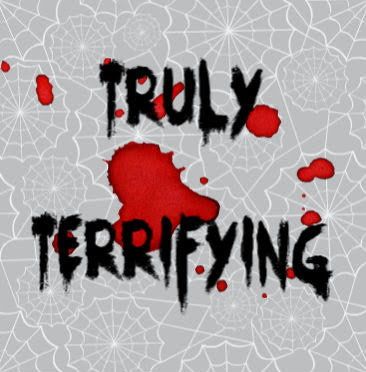 TRULY TERRIFYING
TRULY TERRIFYING
Most likely:
Kathryn Harkup: Death by Shakespeare √
Alternatives:
Preet Bharara: Doing Justice
Humphrey Carpenter: The Inklings
John Curran: Agatha Christie’s Secret Notebooks, Agatha Christie: Murder in the Making
Judith Flanders: The Invention of Murder
Aminatta Forna: The Devil That Danced on the Water
Neil Gaiman: The View from the Cheap Seats
Christopher Hibbert: The Borgias and Their Enemies
Sebastian Junger: The Perfect Storm
Ulrich Lampen (ed.): Die NS-Führung im Verhör
Adrienne Mayor: The Poison King
W. Stanley Moss: Ill Met by Moonlight
Terry Pratchett: A Slip of the Keyboard
Friedrich Reck-Malleczwewen: Tagebuch eines Verzeifelten
Philippe Sands: East West Street
Julian Symons: The Tell-Tale Heart: The Life and Works of Edgar Allen Poe
Bob Woodward: The Last of the President’s Men, The Secret Man: The Story of Watergate’s Deep Throat





 AMATEUR SLEUTH
AMATEUR SLEUTH
Most likely:
Anthony Gilbert: Death in Fancy Dress √
or: Philip Gooden: The Salisbury Manuscript
or: Mary Kelly: The Spoilt Kill
or: Priscilla Royal: Tyrant of the Mind
Alternatives:
Margery Allingham: More Work for the Undertaker, Coroner’s Pidgin
Simon Beaufort: Deadly Inheritance
Lauren Belfer: City of Light
E.C. Bentley: Trent’s Own Case
Nicholas Blake: Minute for Murder, The Beast Must Die
Jan Burke: Eighteen
Christopher Bush: The Perfect Murder Case
John Dickson Carr: It Walks by Night, Castle Skull
Arthur Conan Doyle: The Return of Sherlock Holmes, His Last Bow
Michael Connelly: Fair Warning
Lesley Cookman: Murder in Midwinter
Edmund Crispin: The Case of the Gilded Fly
Jeffery Deaver: The Bone Collector, The Cold Moon
Francis Durbridge: Paul Temple
Brian Flynn: The Billiard-Room Mystery
R. Austin Freeman: The Adventures of Dr. Thorndyke, The Cat’s Eye
Jacques Futrelle: The Thinking Machine at Work
Elizabeth Gaskell: Mary Barton
Elizabeth George: A Place of Hiding
Michael Gilbert: Death in Captivity
Robert Goddard: Sea Change
Sue Grafton: A Is for Alibi
Cyril Hare: Death Walks the Woods, Untimely Death
Carolyn G. Hart: Death on Demand
Peter Høeg: Smilla’s Sense of Snow
Anthony Horowitz: The Word is Murder, The House of Silk
Ianthe Jerrold: Let Him Lie
Stieg Larsson: The Girl with the Dragon Tattoo
Laura Lippman: By a Spider’s Thread
Philip MacDonald: X v. Rex, The List of Adrian Messenger
Medieval Murderers: The Lost Prophecies
Orhan Pamuk: My Name Is Red
Robert B. Parker: The Godwulf Manuscript, School Days, Burt Reynods Reads: Chance / Hush Money / Small Vices
Ellis Peters: The Devil’s Novice
Ellery Queen: Calamity Town, The Chinese Orange Mystery
Amanda Quick: The Girl Who Knew too Much
Clayton Rawson: The Great Merlini
Candace Robb: The Riddle of St. Leonards’
Gillian Roberts: Caught Dead in Philadelphia
Mary Roberts Rinehart: The Circular Staircase
S.J. Rozan: China Trade
James Runcie: Sidney Chambers and the Shadow of Death
Sofie Ryan: The Whole Cat and Caboodle
Frank Schätzing: Tod und Teufel
Julie Smith: Louisiana Hotshot
Mary Stewart: This Rough Magic
Jay Stringer: Ways to Die in Glasgow
Barbara Vine: Asta’s Book
Edgar Wallace: The Four Just Men
Patricia Wentworth: Lonesome Road





 RELICS AND CURIOSITIES
RELICS AND CURIOSITIES
Most likely:
Medieval Murderers: The Lost Prophecies √
Alternatives:
Hans Christian Andersen: Fairy Tales
J.M. Barrie: Peter Pan
Alexandre Dumas: The Three Musketeers
Sarah Dunant: Blood & Beauty (?)
Michael Ende: Die unendliche Geschichte
Neil Gaiman: Fragile Things
Philip Gooden: The Salisbury Manuscript
Peter Høeg: Smilla’s Sense of Snow
Stephen King: The Talisman
Stieg Larsson: The Girl with the Dragon Tattoo
Anne McCaffrey: Dragonflight
Robin McKinley: The Hero and the Crown, The Blue Sword
Naomi Novik: Spinning Silver
Orhan Pamuk: My Name Is Red
Christopher Paolini: Inheritance
Robert B. Parker: The Godwulf Manuscript
Ellis Peters: The Devil’s Novice
Ian Rankin: Knots and Crosses
J.K. Rowling: Harry Potter books
S.J. Rozan: China Trade
William Shakespeare: The Merchant of Venice
Michael J. Sullivan: Theft of Swords
Oscar Wilde: The Picture of Dorian Gray





 GENRE: HORROR
GENRE: HORROR
Most likely:
Wilkie Collins: The Woman in White √
or: Edgar Allan Poe: The Raven & Annabelle Lee
Alternatives:
Marie Belloc Lowndes: The Lodger
R.D. Blackmore: Lorna Doone
Emily Brontë: Wuthering Heights
Agatha Christie: Endless Night
J.J. Connington: Nordenholt’s Million
Stephen King: Pet Semetary, Misery, Shawshank Redemption, Carrie, The Long Walk, The Talisman
Michael McDowell: Blackwater
Harriet Elizabeth Prescott Spofford: The Amber Gods and Other Stories
Ann Radcliffe: The Mysteries of Udolpho
Bram Stoker: Dracula
Oscar Wilde: The Picture of Dorian Gray





 DYSTOPIAN HELLSCAPE
DYSTOPIAN HELLSCAPE
Most likely:
J.J. Connington: Nordenholt’s Million √
Alternatives:
Ben Elton: Identity Crisis
Stephen King: The Long Walk, The Talisman
Medieval Murderers: The Lost Prophecies
Ian Rankin: Westwind
James Tiptree Jr.: Her Smoke Rose Up Forever





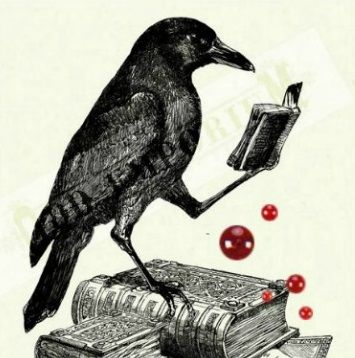 CENTER (RAVEN) SQUARE
CENTER (RAVEN) SQUARE
Read: Agatha Christie: The Thirteen Problems √





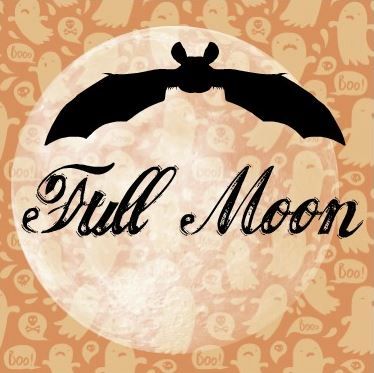 FULL MOON
FULL MOON
Most likely:
W. Stanley Moss: Ill Met by Moonlight √
or: Patricia Moyes: The Sunken Sailor
Alternatives:
Margery Allingham: Blackkerchief Dick (?)
Hans Christian Andersen: Fairy Tales (?)
Jeffery Deaver: The Cold Moon
Victor Hugo: The Hunchback of Notre Dame
Robert Jordan: The Eye of the World
J.K. Rowling: Harry Potter and the Prisoner of Azkaban
Mary Stewart: The Last Enchantment
Bram Stoker: Dracula
Barbara Vine: The Blood Doctor
Joan D. Vinge: Ladyhawke





 THIRTEEN
THIRTEEN
Most likely:
Margery Allingham: More Work for the Undertaker √
or: Terry Pratchett: Small Gods








Spell invoked: Bingo Flip with Lora — STONE COLD HORROR replaced by READ BY FLASHLIGHT OR CANDLELIGHT
Read: Colin Dexter: The Dead of Jericho √
Ugh. I’m going to have to give this one some further thought — currently it’s looking like a candidate for the application of one of my spell cards.
(This is going to be was a spur-of-the-moment selection … it’s not like my book pool (of everything BUT horror) is in danger of running low, after all!





 PSYCH
PSYCH
Most likely:
Nicholas Blake: The Beast Must Die √
or: Vera Caspary: Laura
or: C.S. Forester: Payment Deferred or Plain Murder
or: Tana French: Broken Harbour
or: Patricia Highsmith: Ripley Under Ground
or Michael Jecks: The Chapel of Bones or The Mad Monk of Gidleigh
or: Donna Tartt: The Secret History
Alternatives:
Charles Warren Adams: The Notting Hill Mystery
Rennie Airth: River of Darkness
Margaret Atwood: Alias Grace, The Robber Bride
Francis Beeding: Death Walks in Eastrepps
Marie Belloc Lowndes: The Lodger
Jay Bonansinga: The Sleep Police
Emily Brontë: Wuthering Heights
Mikhail Bulgakov: The Master and Margarita
Christopher Bush: The Perfect Murder Case
John Dickson Carr: It Walks by Night, Castle Skull
Jane Casey: The Burning
Agatha Christie: Endless Night
Wilkie Collins: The Woman in White
Michael Connelly: Fair Warning
J.J. Connington: Nordenholt’s Million
Lesley Cookman: Murder in Midwinter
Hannah Crafts: The Bondwoman’s Narrative
Jeffery Deaver: The Bone Collector, The Cold Moon
Emma Donoghue: The Sealed Letter
Sarah Dunant: Blood & Beauty
Joy Ellis: They Disappeared
Ben Elton: Identity Crisis, The First Casualty
Hugh Fraser: Harm
Neil Gaiman: Fragile Things
Elizabeth George: What Came Before He Shot her, This Body of Death, Believing the Lie
Nino Haratischwili: Die Katze und der General
Thomas Hardy: The Mayor of Casterbridge, Tess of the D’Urbervilles
Cyril Hare: Untimely Death
Peter Høeg: Smilla’s Sense of Snow
Alice Hoffman: The River King
Roy Horniman: Kind Hearts and Coronets (aka Israel Rank)
Anthony Horowitz: The Word is Murder, The House of Silk
Richard Hull: Excellent Intentions
P.D. James: Unnatural Causes, Devices and Desires, A Certain Justice
Ianthe Jerrold: Let Him Lie
Marie-Elena John: Unburnable
Hannah Kent: Burial Rites
Stephen King: Pet Semetary, Misery, Carrie, The Talisman
Stieg Larsson: The Girl with the Dragon Tattoo
John Le Carré: The Spy Who Came in from the Cold, The Tailor of Panama, Our Kind of Traitor
Dennis Lehane: Shutter Island
Philip MacDonald: X v. Rex, The List of Adrian Messenger
James MacManus: Black Venus
Val McDermid: Insidious Intent
Vonda N. McIntyre: Dreamsnake
Medieval Murderers: The Lost Prophecies
Herman Melville: The Confidence-Man
Margaret Millar: An Air That Kills, Beast in View
Jo Nesbø: Macbeth
Anne Perry: Seven Dials, Southampton Row
Ellis Peters: The Devil’s Novice
Harriet Elizabeth Prescott Spofford: The Amber Gods and Other Stories
Steven Price: By Gaslight
Amanda Quick: The Girl Who Knew too Much
Ann Radcliffe: The Mysteries of Udolpho
Ian Rankin: Knots and Crosses
Mary Roberts Rinehart: The Circular Staircase
Priscilla Royal: Tyrant of the Mind
Diane Setterfield: Once Upon a River
William Shakespeare: Hamlet, Macbeth, King Lear, Richard III
Julie Smith: Louisiana Hotshot
Bram Stoker: Dracula
Julian Symons: The Colour of Murder, The Players and the Game, The Plot Against Roger Rider
Aimée & David Thurlo: Second Sunrise
Joel Townsley Rogers: The Red Right Hand
C.J. Tudor: The Taking of Annie Thorne
Various Authors: Helsinki Noir
Various Authors: Los Angeles Noir
Various Authors: New Orleans Noir
Various Authors: Trinidad Noir
Barbara Vine: The Blood Doctor, Asta’s Book, A Dark-Adapted Eye
Minette Walters: Disordered Minds
Sarah Waters: The Paying Guests
Patricia Wentworth: Lonesome Road
Mary Westmacott: Giant’s Bread, The Burden
Oscar Wilde: The Picture of Dorian Gray
R.D. Wingfield: A Killing Frost
Oksana Zabuzhko: The Museum of Abandoned Secrets





 DOOMSDAY
DOOMSDAY
Most likely:
A.S. Byatt: Ragnarok √
Alternatives:
J.J. Connington: Nordenholt’s Million
Robert Jordan: The Eye of the World
Stephen King: The Long Walk, The Talisman
Anne McCaffrey: Dragonflight
Medieval Murderers: The Lost Prophecies
Ian Rankin: Westwind
Candace Robb: The Riddle of St. Leonards’
James Tiptree Jr.: Her Smoke Rose Up Forever
Catherynne M. Valente: Space Opera
Janny Wurts: Stormwarden





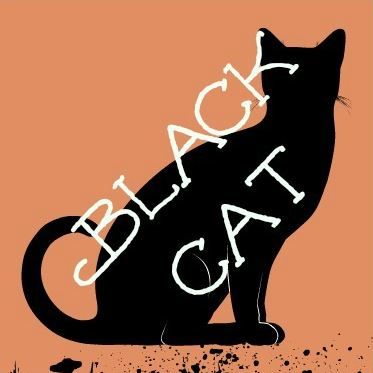 BLACK CAT
BLACK CAT
Most likely:
T.S. Eliot: Old Possum’s Book of Practical Cats √
Alternatives:
Mikhail Bulgakov: The Master and Margarita
Nino Haratischwili: Die Katze und der General (?)
Stephen King: Pet Semetary
Sofie Ryan: The Whole Cat and Caboodle
Saki: Tobermory (?)
Various Authors: Magicats
Various Authors: Feline Felonies





 DIVERSE VOICES
DIVERSE VOICES
Most likely:
Marlon James: A Brief History of Seven Killings
Substitution:
Aimée & David Thurlo: Second Sunrise √
Alternatives:
Preet Bharara: Doing Justice
Roseanne A. Brown: A Song of Wraiths and Ruin
Mikhail Bulgakov: The Master and Margarita
Hannah Crafts: The Bondwoman’s Narrative
Edwidge Danticat: Krik? Krak!, Breath, Eyes, Memory
Aminatta Forna: The Devil That Danced on the Water
Gabriel Garcia Marquez: Cien años de soledad (One Hundred Years of Solitude), El coronel no tiene quien le escriba (No one Writes to the Colonel and Other Stories)
Nino Haratischwili: Die Katze und der General
Marie-Elena John: Unburnable
Orhan Pamuk: My Name Is Red
Oksana Zabuzhko: The Museum of Abandoned Secrets





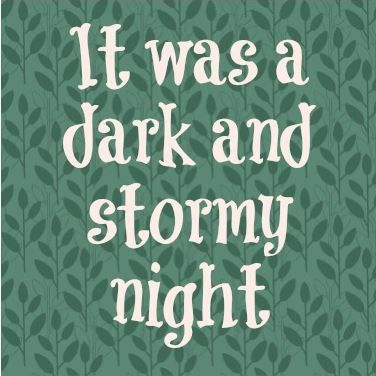 IT WAS A DARK AND STORMY NIGHT
IT WAS A DARK AND STORMY NIGHT
Most likely:
Christianna Brand: Fog of Doubt
Brian Flynn: The Billiard-Room Mystery
Dennis Lehane: Shutter Island
Harriet Elizabeth Prescott Spofford: The Amber Gods and Other Stories
Substitution:
Patricia Moyes: The Sunken Sailor √
Alternatives:
Margery Allingham: Blackkerchief Dick (?)
R.D. Blackmore: Lorna Doone
Emily Brontë: Wuthering Heights
A.S. Byatt: Ragnarok
John Dickson Carr: It Walks by Night, The Hollow Man
Vera Caspary: Laura
Erskine Childers: The Riddle of the Sands (?)
Agatha Christie: Endless Night, The Pale Horse
Ann Cleeves: Red Bones
Wilkie Collins: The Woman in White
Michael Connelly: The Night Fire (?)
Edwidge Danticat: Krik? Krak!
Jeffery Deaver: The Cold Moon
Charles Dickens: Bleak House
David Dodge: To Catch a Thief
Sarah Dunant: Blood & Beauty (?)
Francis Durbridge: Send for Paul Temple
Nino Haratischwili: Die Katze und der General
Thomas Hardy: The Mayor of Casterbridge, Tess of the D’Urbervilles
Peter Høeg: Smilla’s Sense of Snow
Victor Hugo: The Hunchback of Notre Dame
Michael Jecks: The Butcher of St. Peter’s, The Mad Monk of Gidleigh
Robert Jordan: The Eye of the World
Sebastian Junger: The Perfect Storm
Stephen King: Pet Semetary, Carrie
Stieg Larsson: The Girl with the Dragon Tattoo
John Le Carré: The Tailor of Panama
Val McDermid: Insidious Intent
Medieval Murderers: The Lost Prophecies
W. Stanley Moss: Ill Met by Moonlight
Jo Nesbo: Macbeth
Edgar Allan Poe: The Raven & Annabelle Lee
Terry Pratchett: Small Gods, BBC Dramatizatons (Mort, Wyrd Sisters, Guards! Guards!, Eric, Small Gods, Night Watch)
Steven Price: By Gaslight
Christopher Priest: The Prestige (?)
Ann Radcliffe: The Mysteries of Udolpho
Mary Roberts Rinehart: The Circular Staircase
Diane Setterfield: Once Upon a River (?)
William Shakespeare: Macbeth, King Lear
Robert Louis Stevenson: Kidnapped
Mary Stewart: The Last Enchantment
Bram Stoker: Dracula
Michael J. Sullivan: Theft of Swords
Aimée & David Thurlo: Second Sunrise
Joel Townsley Rogers: The Red Right Hand
Joan D. Vinge: Ladyhawke
Edgar Wallace: The Four Just Men, The Terror
Janny Wurts: Stormwarden





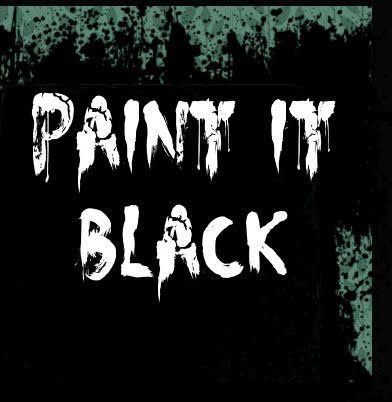 PAINT IT BLACK
PAINT IT BLACK
Most likely:
James MacManus: Black Venus
Substitution:
Julie Smith (ed.) & Various Authors: New Orleans Noir √
Alternatives:
Margery Allingham: More Work for the Undertaker, Coroner’s Pidgin, Blackkerchief Dick
Vera Caspary: Laura
Roseanne A. Brown: A Song of Wraiths and Ruin
Michael Connelly: The Black Echo
Hannah Crafts: The Bondwoman’s Narrative
Edwidge Danticat: Krik? Krak!, Breath, Eyes, Memory
Francis Durbridge: Send for Paul Temple
C.S. Forester: Payment Deferred
Aminatta Forna: The Devil That Danced on the Water
Jacques Futrelle: The Thinking Machine at Work
Gabriel Garcia Marquez: Cien años de soledad (One Hundred Years of Solitude), El coronel no tiene quien le escriba (No one Writes to the Colonel and Other Stories)
Kathryn Harkup: Death by Shakespeare
Taylor Jenkins Reid: Daisy Jones and the Six
Marie-Elena John: Unburnable
Elizabeth Kostova: The Historian
George R.R. Martin (ed.), Various Authors: Dangerous Women
Mario Puzo: The Godfather
Ann Radcliffe: The Mysteries of Udolpho
Ian Rankin: Knots and Crosses, Watchman
Michael J. Sullivan: Theft of Swords
Donna Tartt: The Secret History
Various Authors: Helsinki Noir
Various Authors: Los Angeles Noir
Various Authors: Trinidad Noir
T.H. White: Darkness at Pemberley





 NEW RELEASE
NEW RELEASE
Most likely:
Joy Ellis: They Disappeared √
or: Roseanne A. Brown: A Song of Wraiths and Ruin
or: Michael Connelly: Fair Warning
Alternative:
Martin Edwards (ed.), Various Authors: Setting Scores





 GENRE: SUSPENSE
GENRE: SUSPENSE
Most likely:
Patricia Highsmith: Ripley Under Ground √
or: Patricia Highsmith: Carol
or: John Lanchester: Fragrant Harbour
or: Derek B. Miller: Norwegian by Night
Alternatives:
Ken Follett: Eye of the Needle
Maurice LeBlanc: Arsène Lupin versus Herlock Sholmes
John Le Carré: A Perfect Spy, The Little Drummer Girl, The Russia House, The Honorable School Boy, Call for the Dead, The Secret Pilgrim, or Absolute Friends
Mary Westmacott: Unfinished Portrait or Absent in the Spring
… or virtually any and all of the mysteries, horror and fantasy books listed as options for the other squares on my card.





 DARKEST LONDON
DARKEST LONDON
Most likely:
Christianna Brand: Fog of Doubt √
or: Charles Warren Adams: The Notting Hill Mystery
or: Sarah Waters: The Paying Guests
Alternatives:
Marie Belloc Lowndes: The Lodger
Nicholas Blake: Minute for Murder
Anthony Boucher: The New Adventures of Sherlock Holmes, Vol. 1
Christopher Bush: The Perfect Murder Case
John Dickson Carr: Death Watch
Jane Casey: The Burning
Agatha Christie: The Pale Horse
Rory Clements: Martyr
Arthur Conan Doyle: The Return of Sherlock Holmes, His Last Bow
Michael Crichton: The Great Train Robbery
Charles Dickens: Oliver Twist, Bleak House, David Copperfield
Emma Donoghue: The Sealed Letter
Francis Durbridge: Paul Temple — Complete Radio Collection, Volume 1
Ken Follett: A Dangerous Fortune
C.S. Forester: Plain Murder
Andrew Forrester: The Female Detective
R. Austin Freeman: The Adventures of Dr. Thorndyke, The Cat’s Eye
Robert Goddard: Sea Change
Anthony Horowitz: The Word is Murder, The House of Silk
P.D. James: A Certain Justice
Philip MacDonald: X v. Rex, The List of Adrian Messenger
Arthur Morrison: Martin Hewitt, Investigator; Detective Stories
John Mortimer: Rumpole and the Reign of Terror
Anne Perry: Seven Dials, Southampton Row, A Sudden Fearful Death
Steven Price: By Gaslight
Christopher Priest: The Prestige
Ruth Rendell: Portobello
John Rhode: The Paddington Mystery
Stella Rimington: Dead Line
Barbara Vine: The Blood Doctor, Asta’s Book
Edgar Wallace: The Four Just Men, The Terror
Oscar Wilde: Arthur Savile’s Crime and Other Stories, The Picture of Dorian Gray



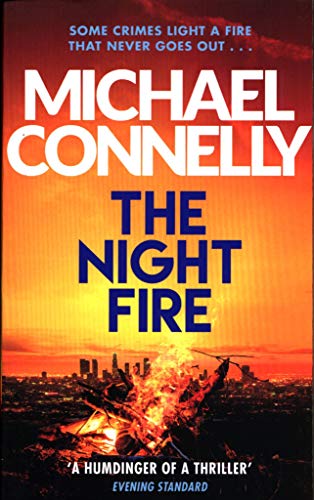
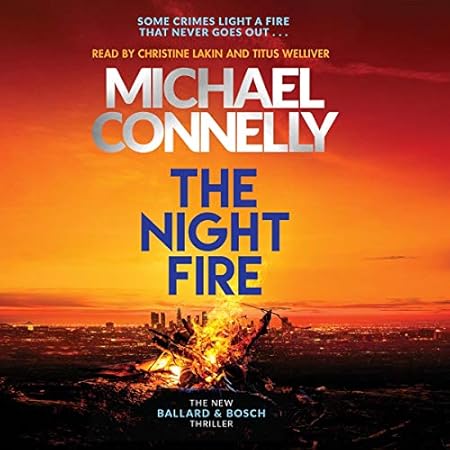

![]()
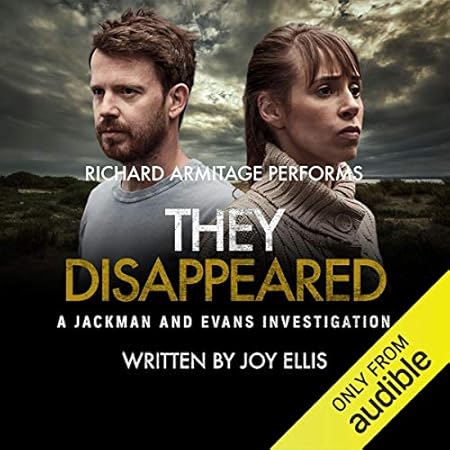

![]()
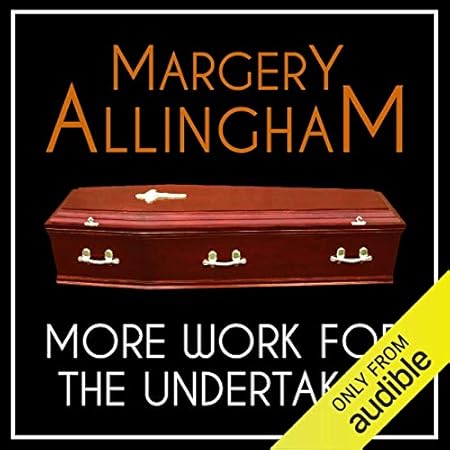

![]()



![]()

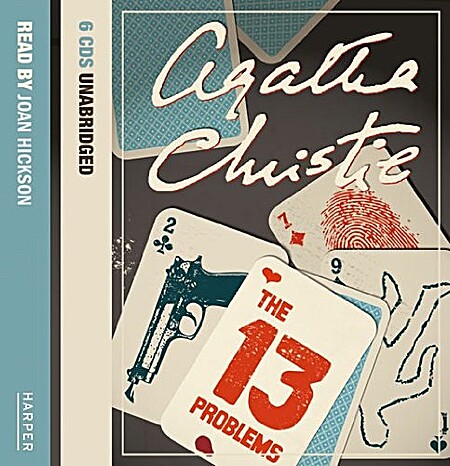

![]()
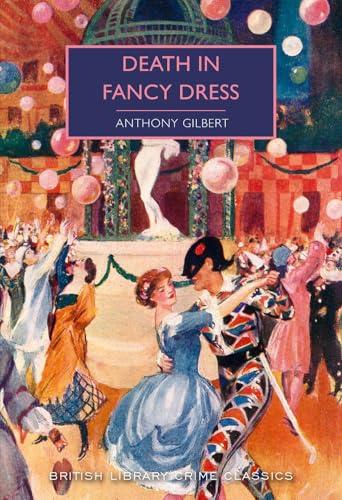

 Master Update Post: HERE
Master Update Post: HERE













 SLEEPY HOLLOW
SLEEPY HOLLOW FILM AT 11
FILM AT 11 SOUTHERN GOTHIC
SOUTHERN GOTHIC SPELLBOUND
SPELLBOUND INTERNATIONAL WOMAN OF MYSTERY
INTERNATIONAL WOMAN OF MYSTERY TERROR IN A SMALL TOWN
TERROR IN A SMALL TOWN TRULY TERRIFYING
TRULY TERRIFYING RELICS AND CURIOSITIES
RELICS AND CURIOSITIES GENRE: HORROR
GENRE: HORROR DYSTOPIAN HELLSCAPE
DYSTOPIAN HELLSCAPE FULL MOON
FULL MOON DOOMSDAY
DOOMSDAY BLACK CAT
BLACK CAT DIVERSE VOICES
DIVERSE VOICES IT WAS A DARK AND STORMY NIGHT
IT WAS A DARK AND STORMY NIGHT PAINT IT BLACK
PAINT IT BLACK GENRE: SUSPENSE
GENRE: SUSPENSE DARKEST LONDON
DARKEST LONDON


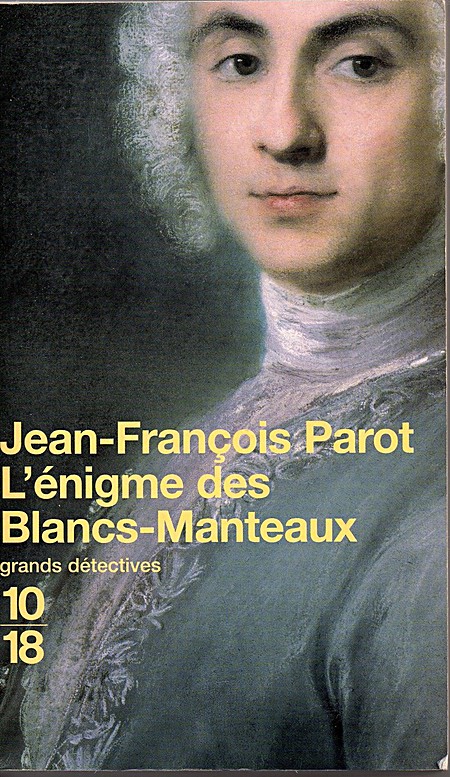
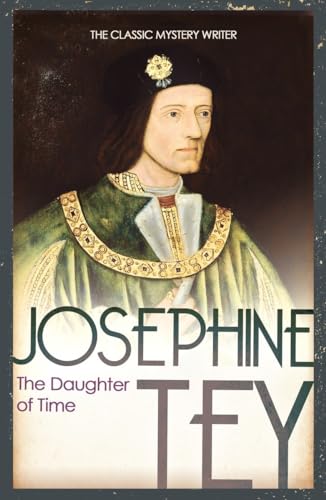




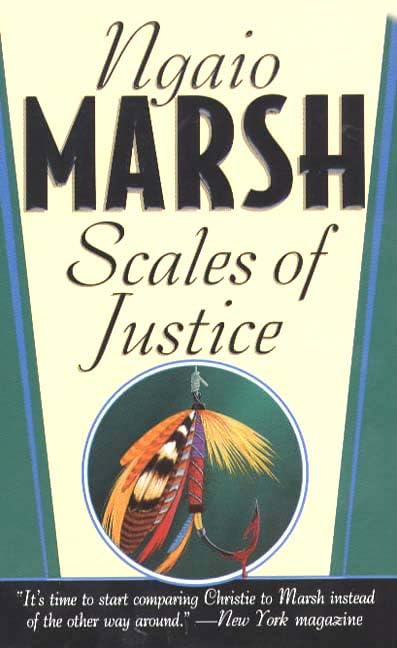
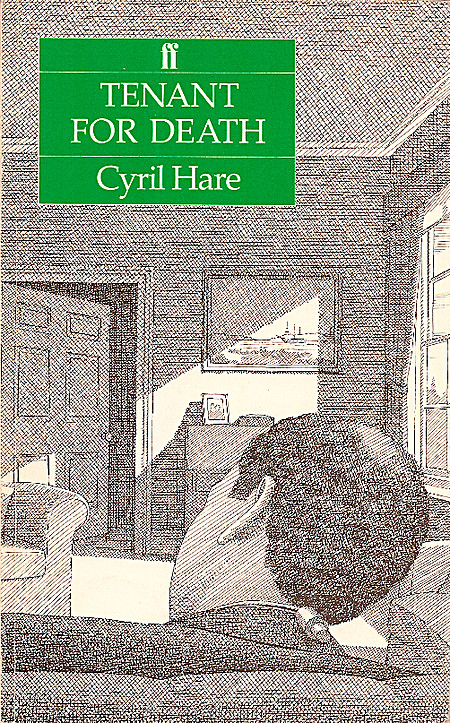
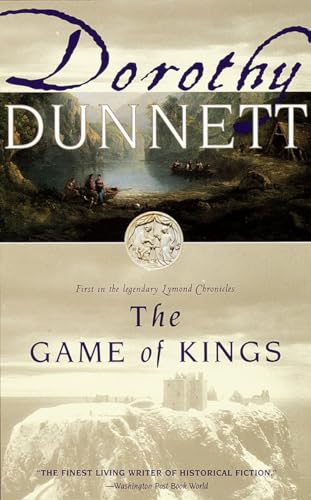

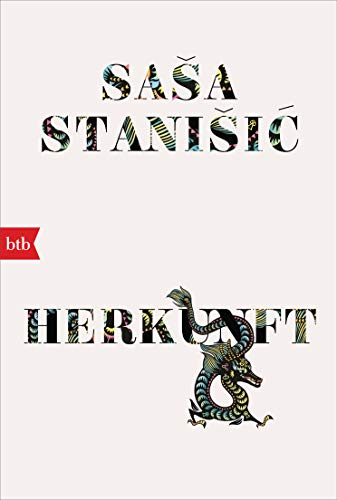
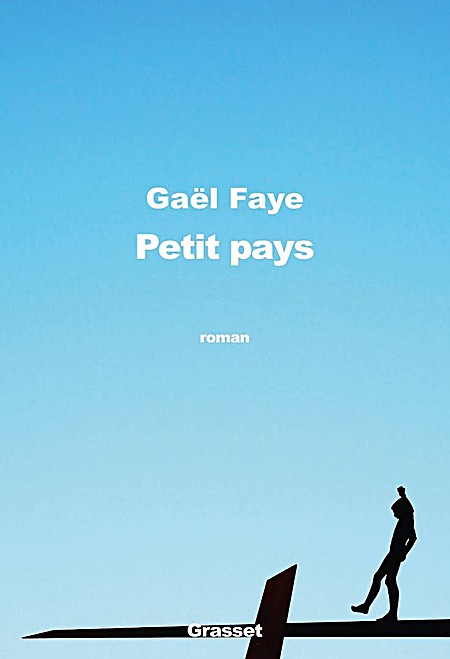 Saša Stanišić: Herkunft (Origin)
Saša Stanišić: Herkunft (Origin)






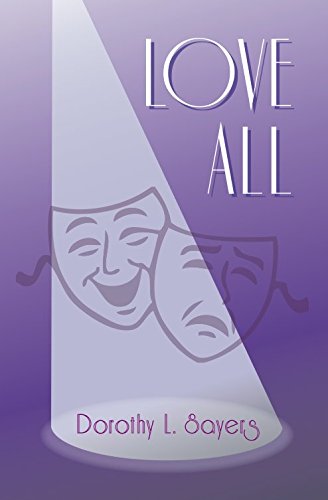


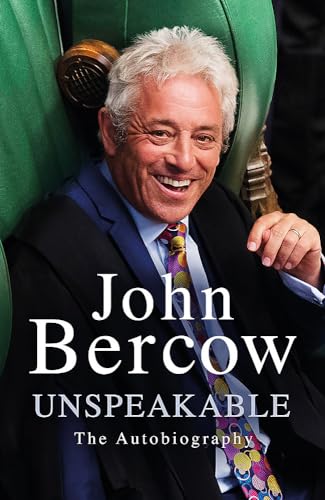
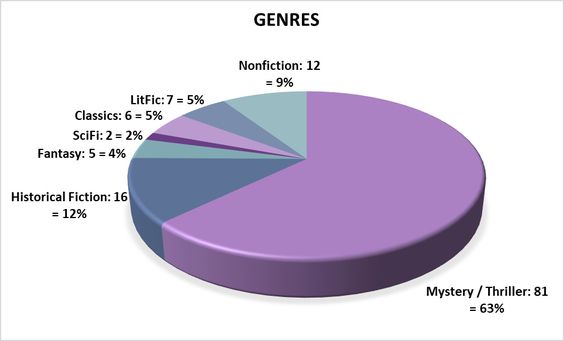

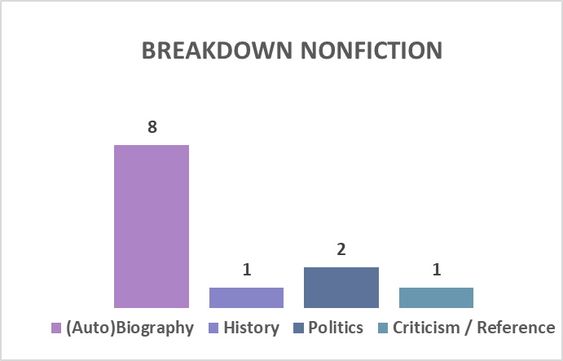

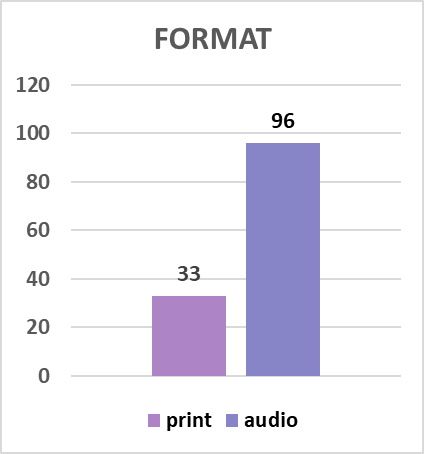
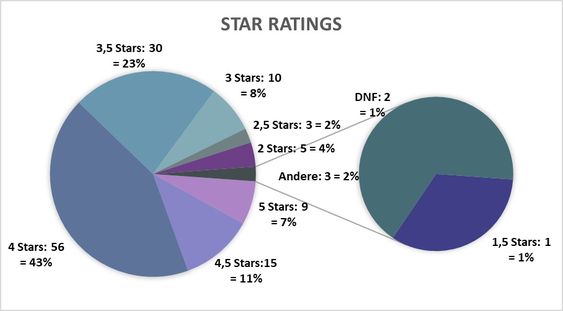
 As far as gender is concerned things still look very good if you just focus on the authors: 88 books by women (plus 5 mixed anthologies / author teams) vs. 36 books by male authors; hooray! However, inspired by
As far as gender is concerned things still look very good if you just focus on the authors: 88 books by women (plus 5 mixed anthologies / author teams) vs. 36 books by male authors; hooray! However, inspired by 

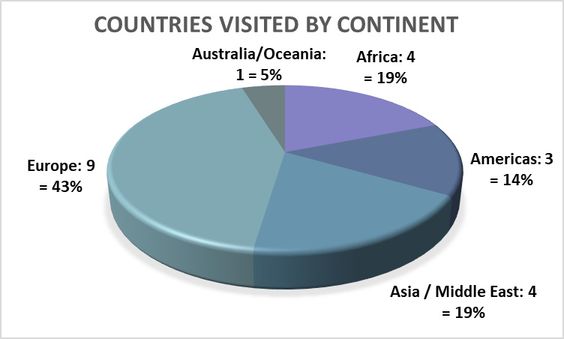

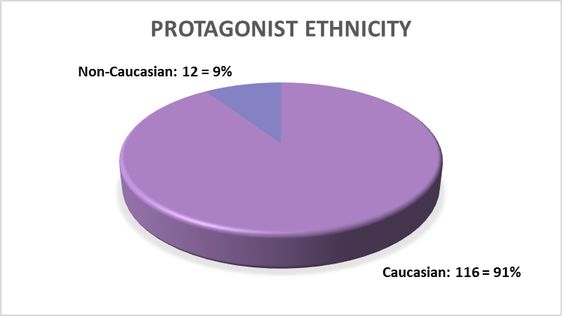

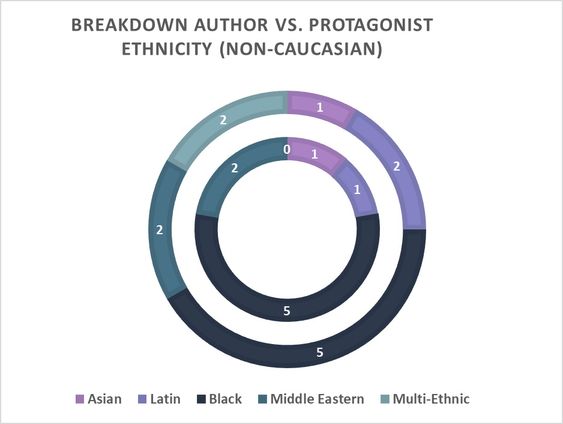

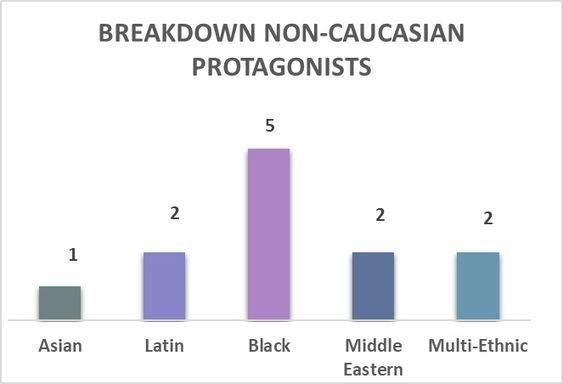
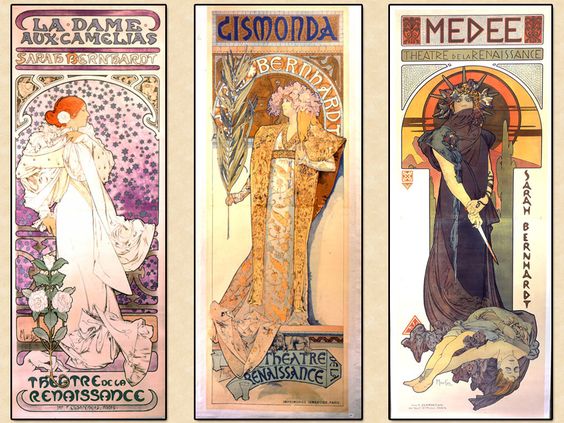


 Just under the halfway mark, and Miss Silver is being called in AT LAST. (By the odious Henry and very much against his conviction, not least, which means that the first thing he’ll llikely be in for is having the rug pulled out from under his feet and landing on his bottom. Good — I hope it will be a hard landing.) And the person recommending Miss Silver is … our old friend Charles Moray from
Just under the halfway mark, and Miss Silver is being called in AT LAST. (By the odious Henry and very much against his conviction, not least, which means that the first thing he’ll llikely be in for is having the rug pulled out from under his feet and landing on his bottom. Good — I hope it will be a hard landing.) And the person recommending Miss Silver is … our old friend Charles Moray from 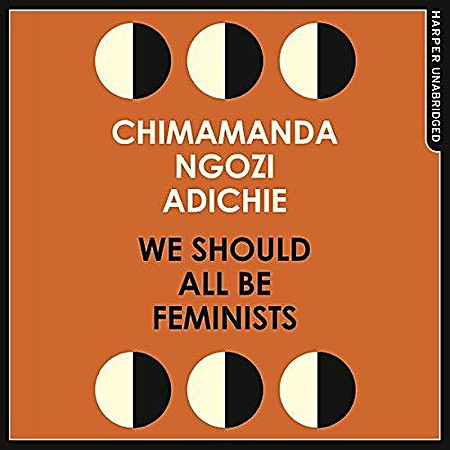




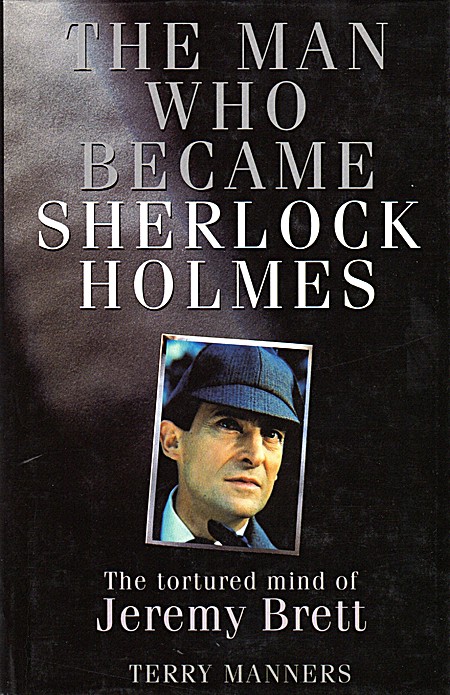















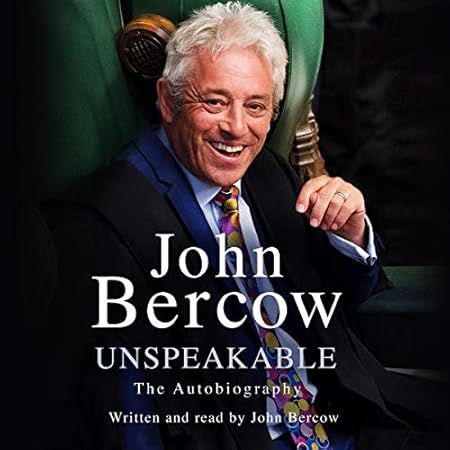

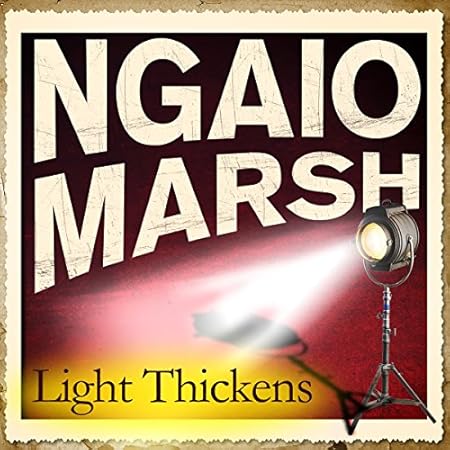
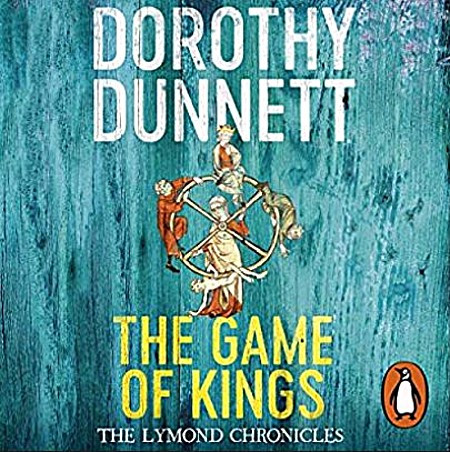
 Among the month’s other highlights was the second book of Tony Riches’s Tudor Trilogy,
Among the month’s other highlights was the second book of Tony Riches’s Tudor Trilogy, 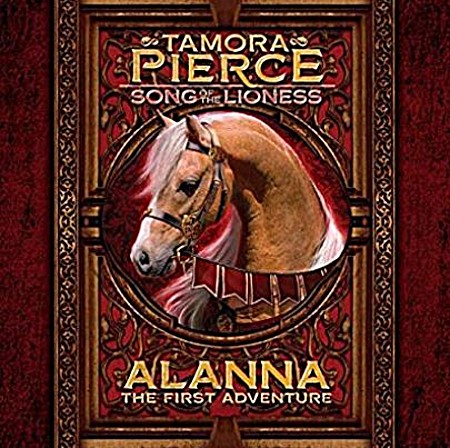
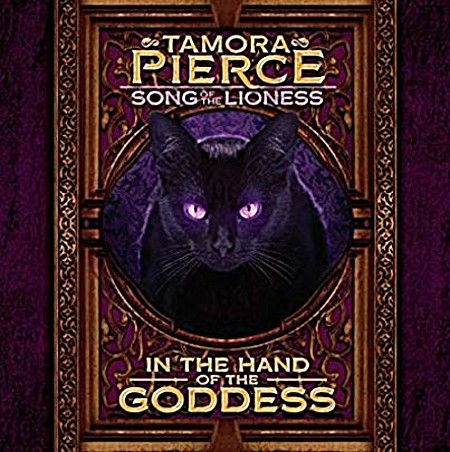
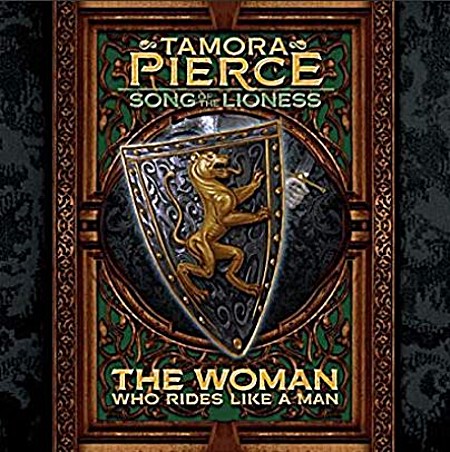
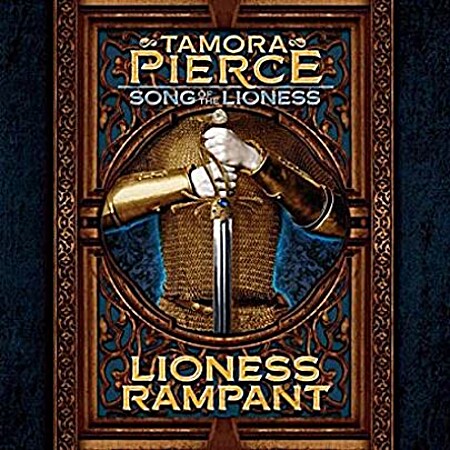

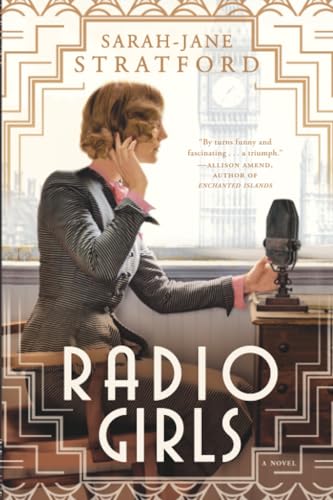
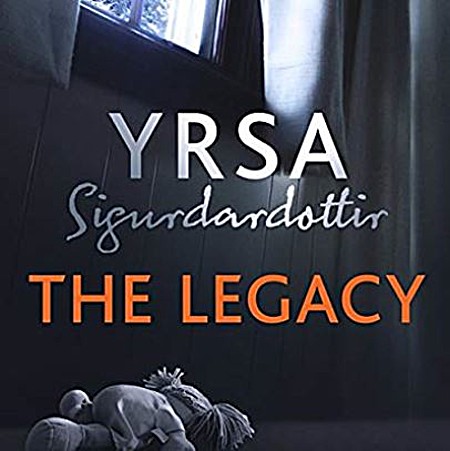 Another pleasant surprise, in terms of the book itself at least, was Yrsa Sigurðardóttir’s
Another pleasant surprise, in terms of the book itself at least, was Yrsa Sigurðardóttir’s 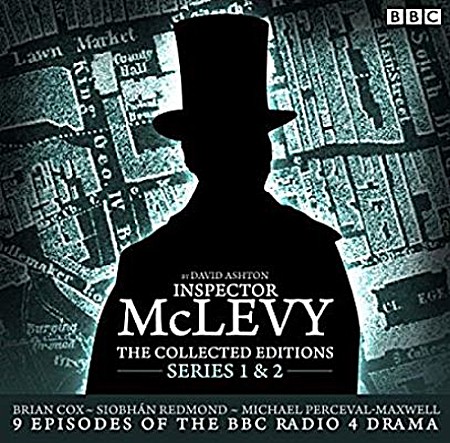 By far the best (audio)book of this bunch was the first installment of the BBC’s
By far the best (audio)book of this bunch was the first installment of the BBC’s 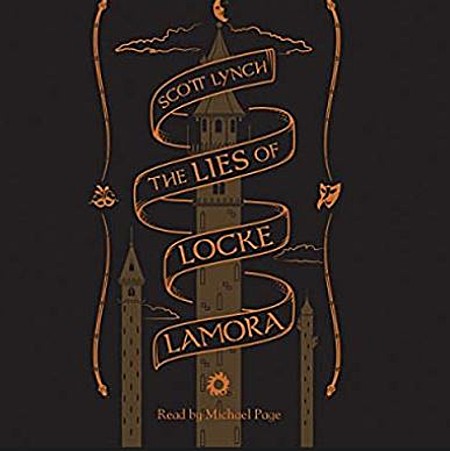 Scott Lynch’s
Scott Lynch’s 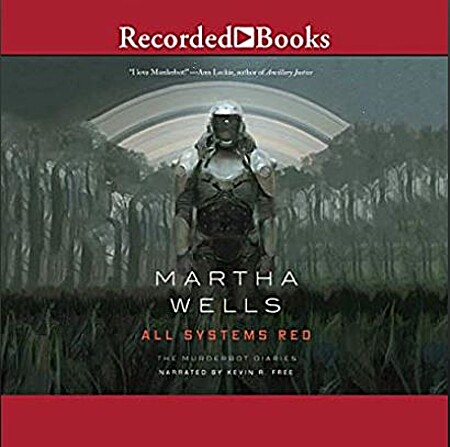 Martha Wells’s
Martha Wells’s 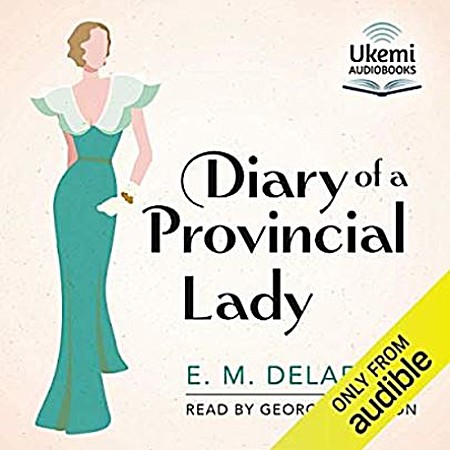 E.M. Delafield’s
E.M. Delafield’s 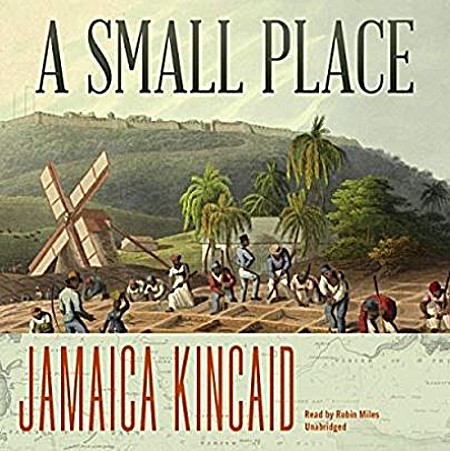 Jamaica Kincaid’s
Jamaica Kincaid’s 

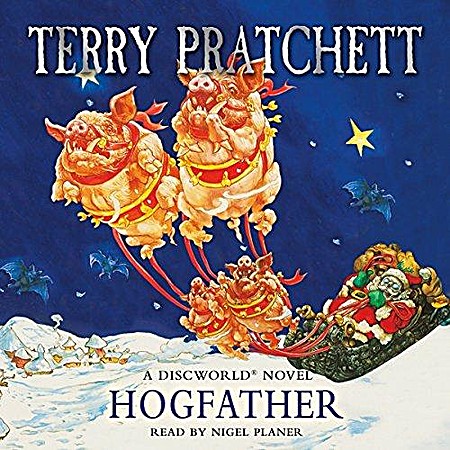
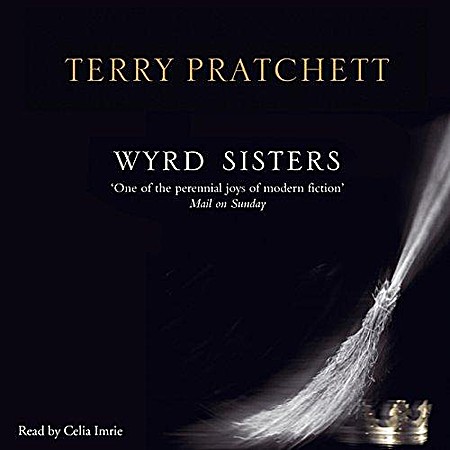
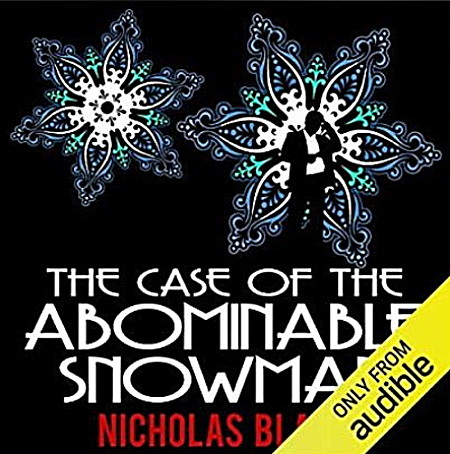
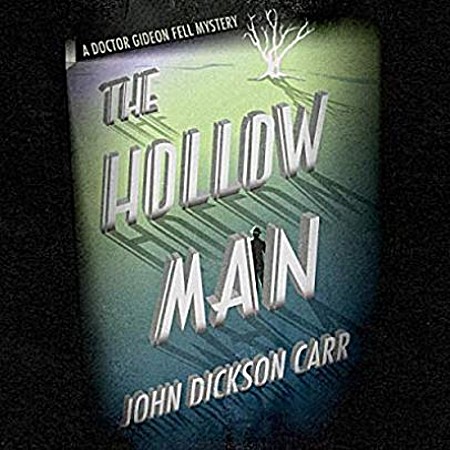

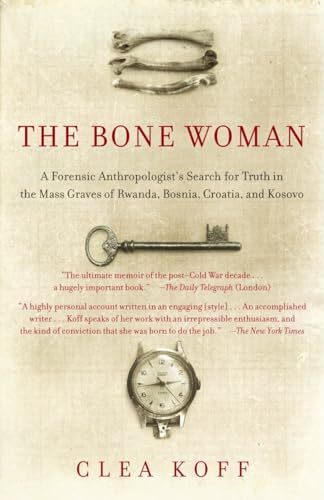

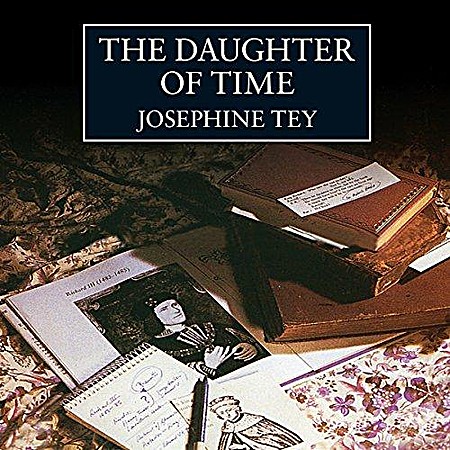
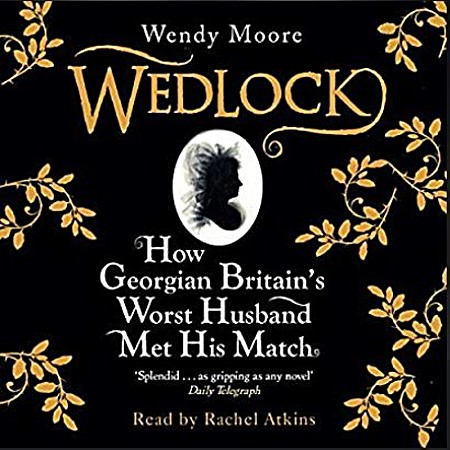
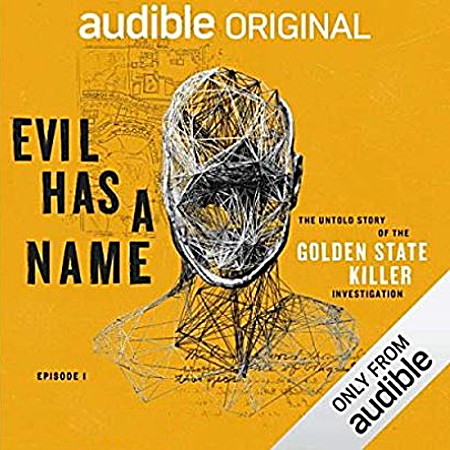
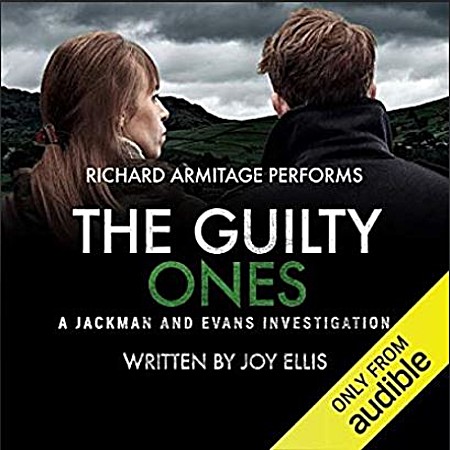
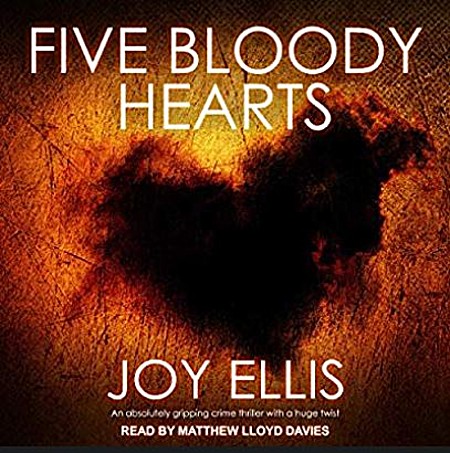
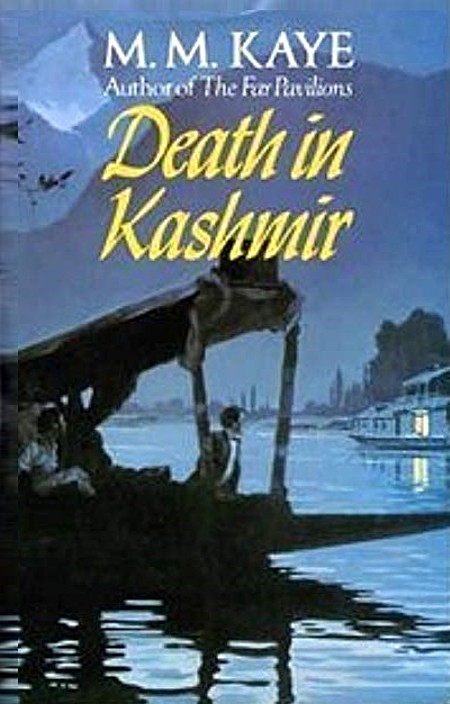
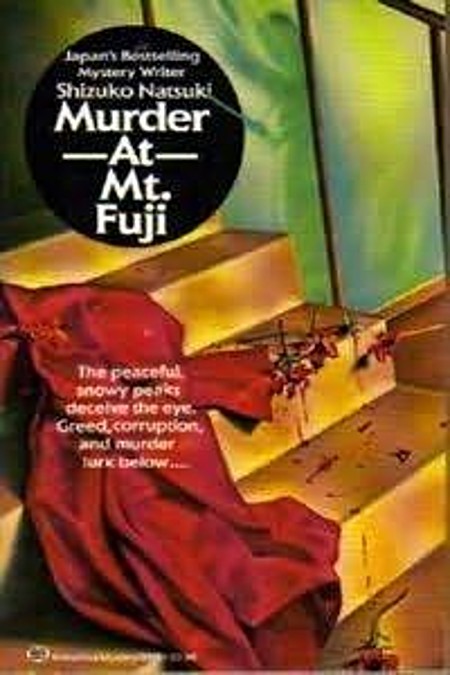
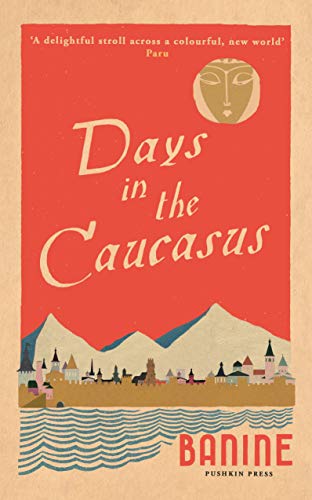

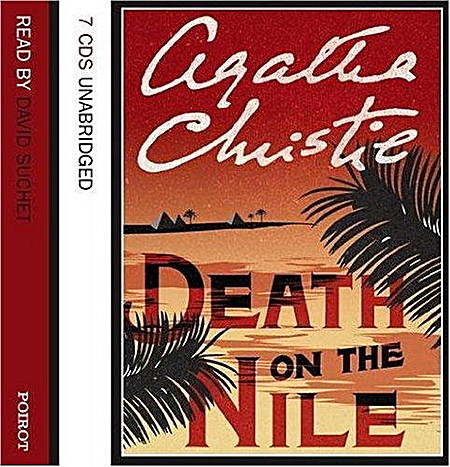

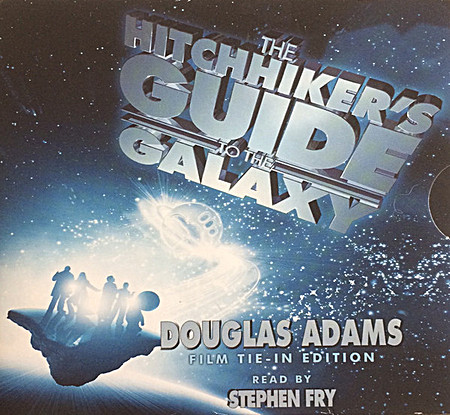
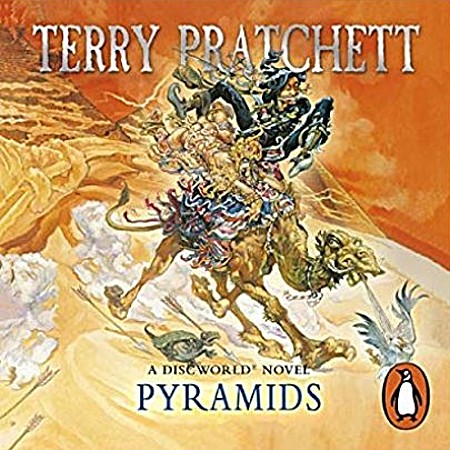

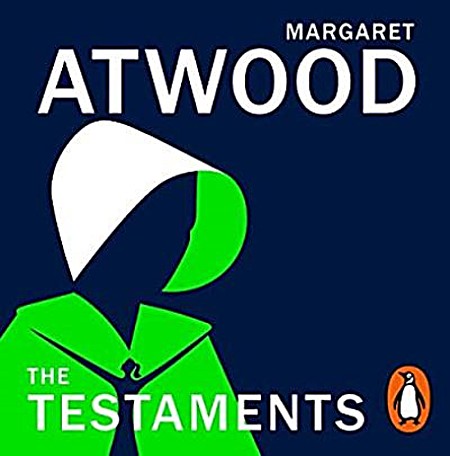
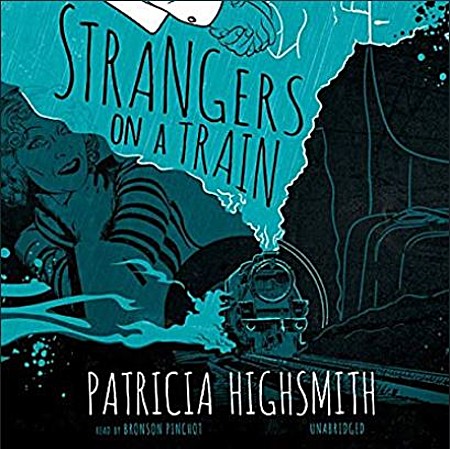

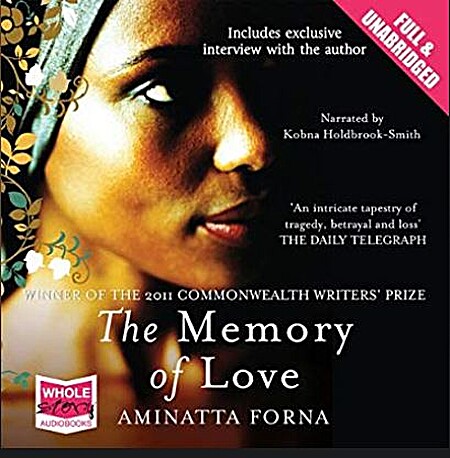
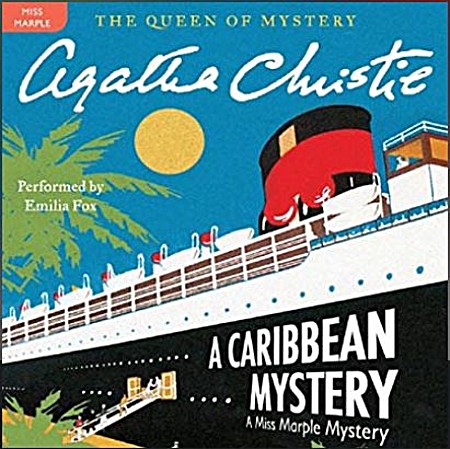
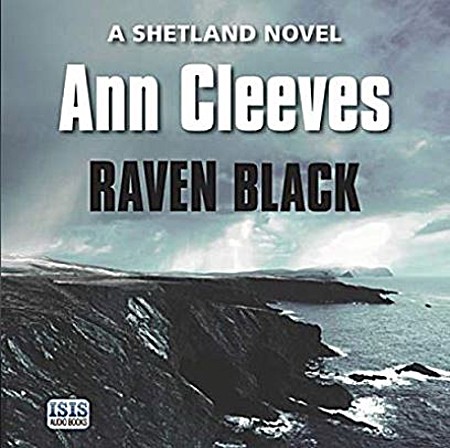
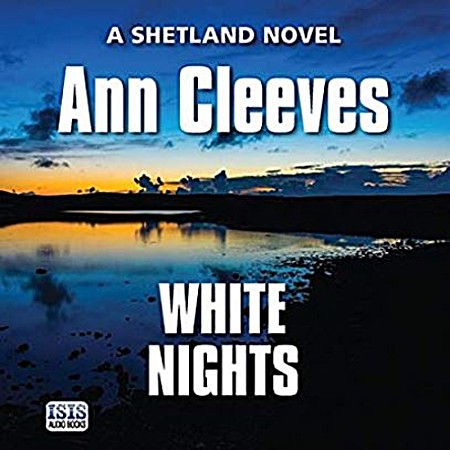

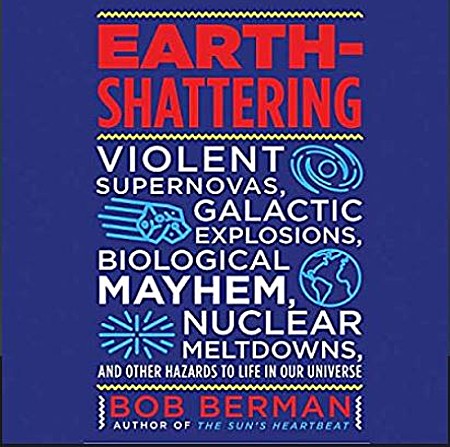
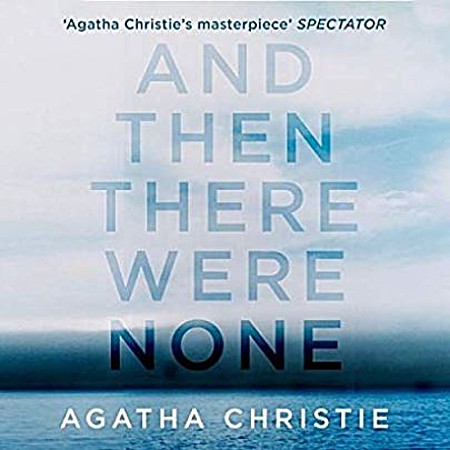
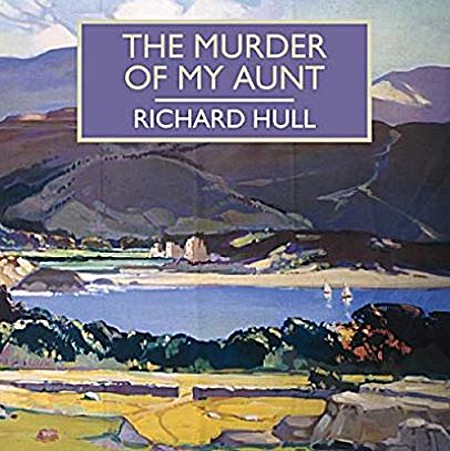

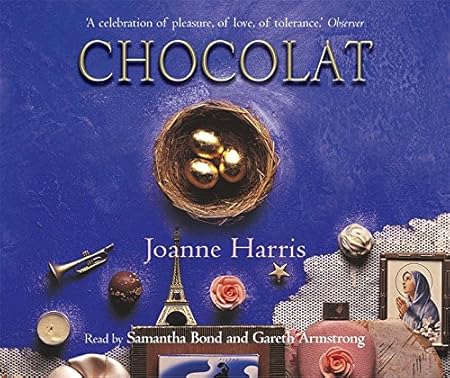

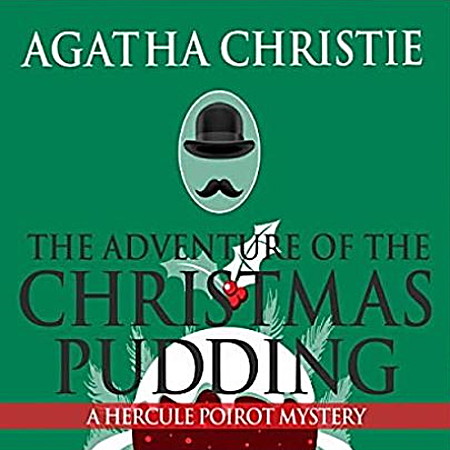
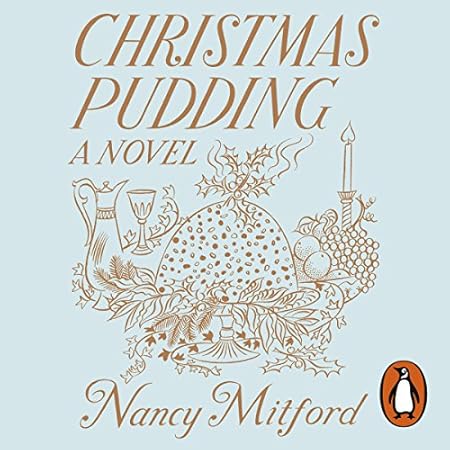
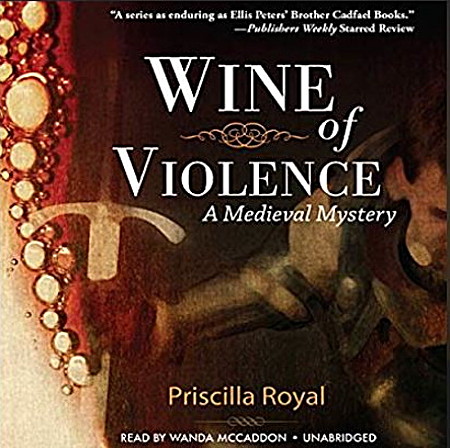
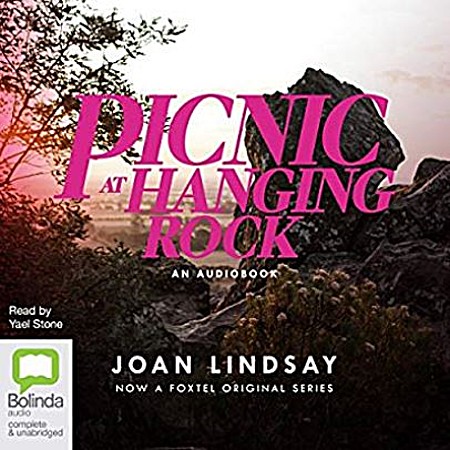
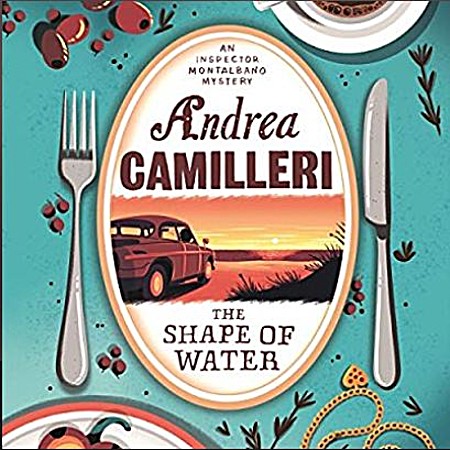
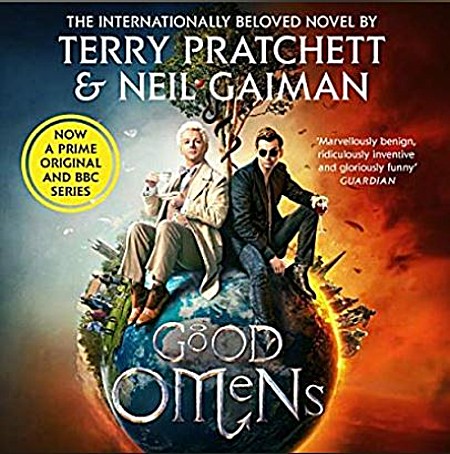

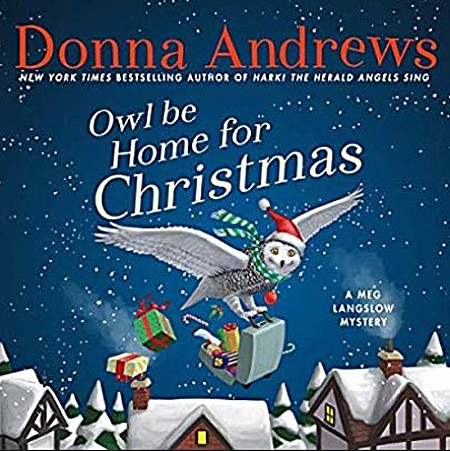
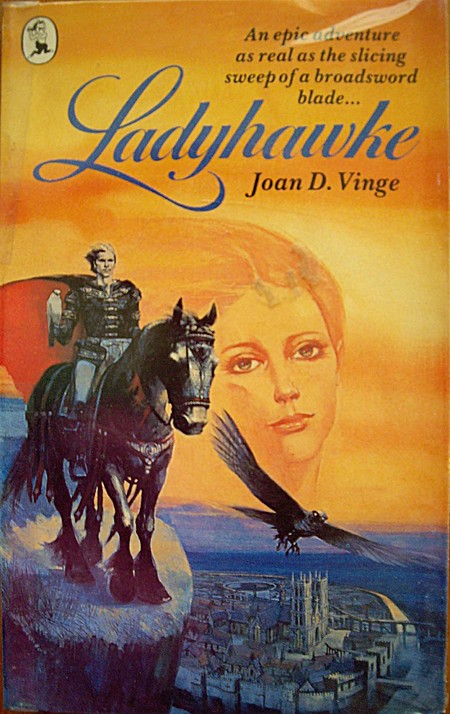

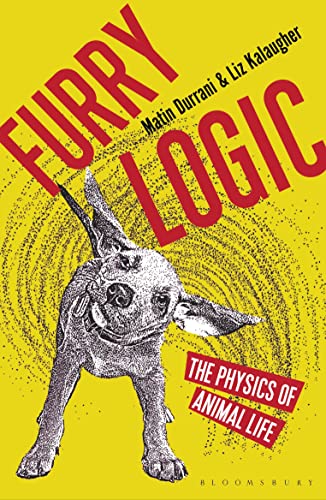
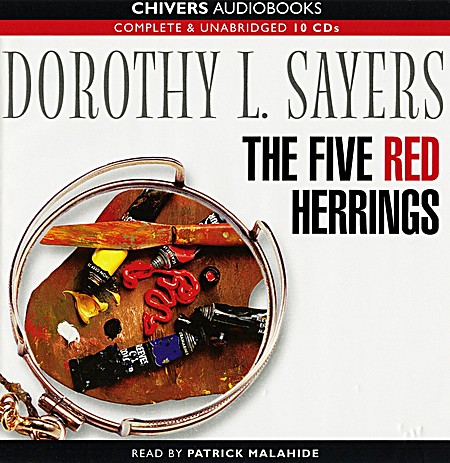

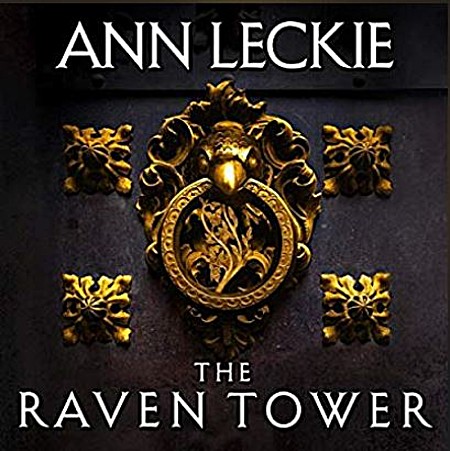
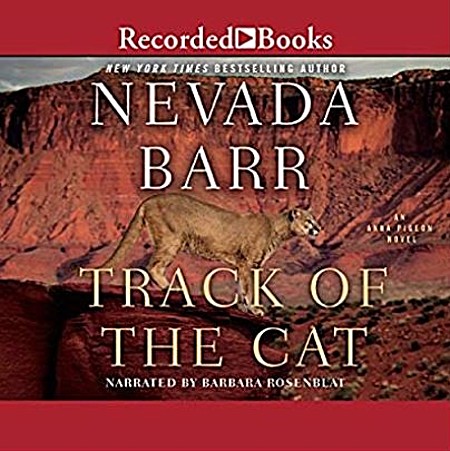
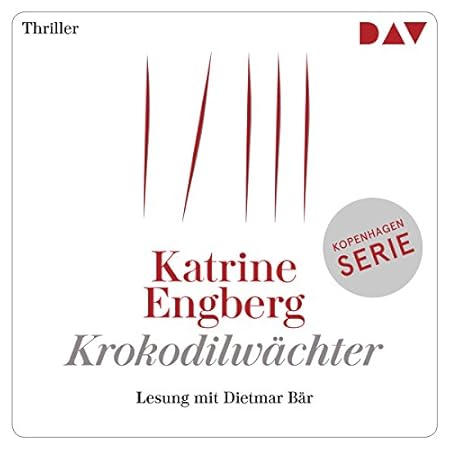
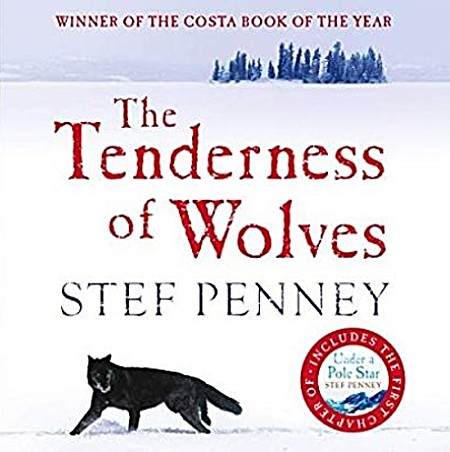
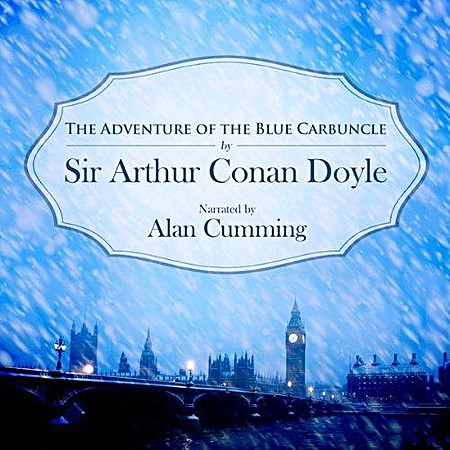
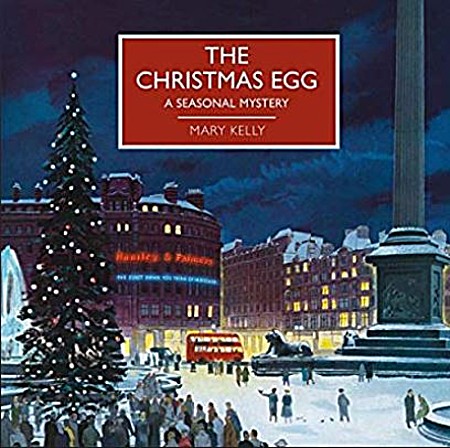
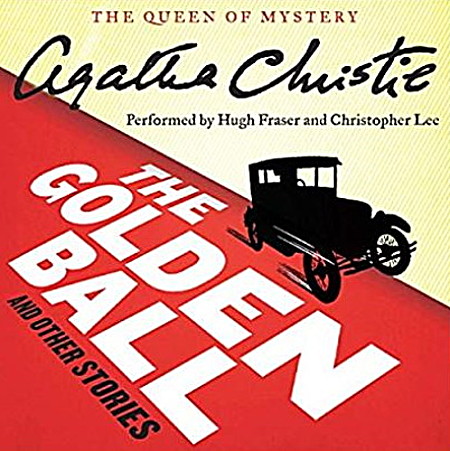
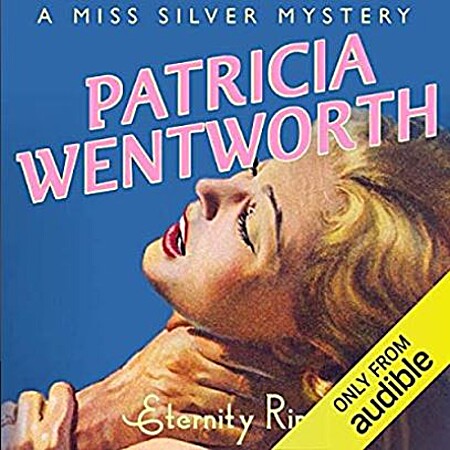
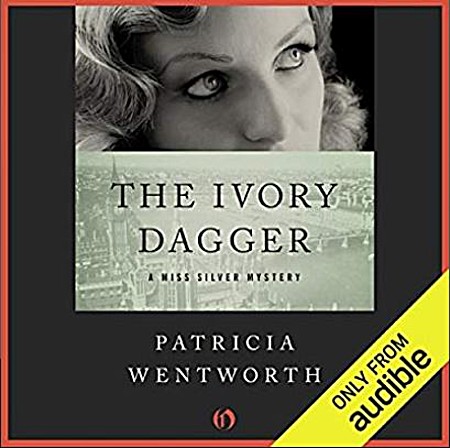

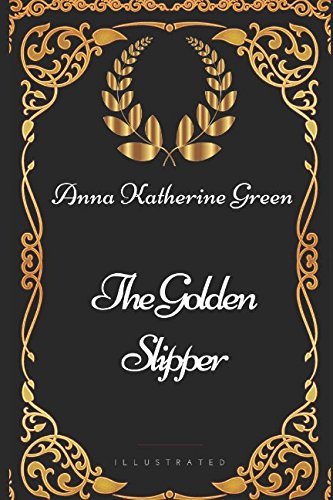
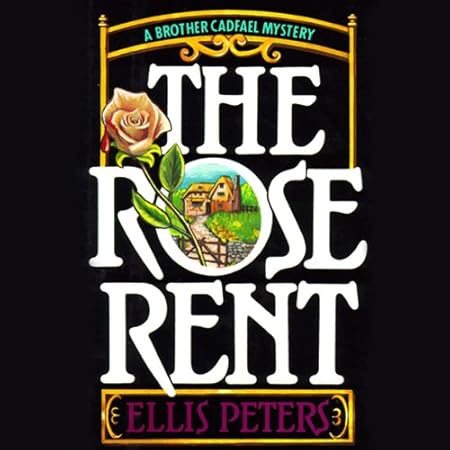
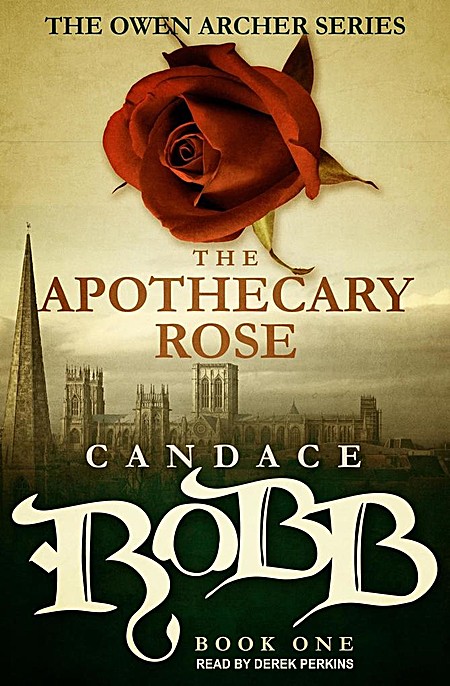
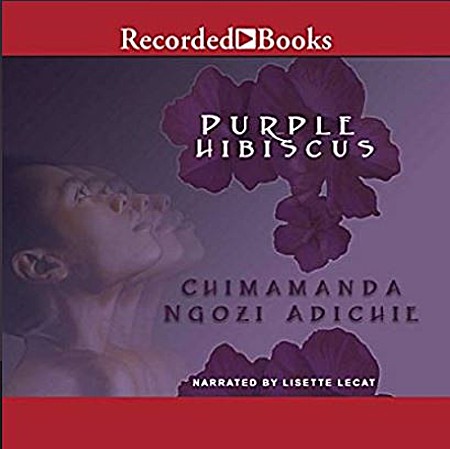
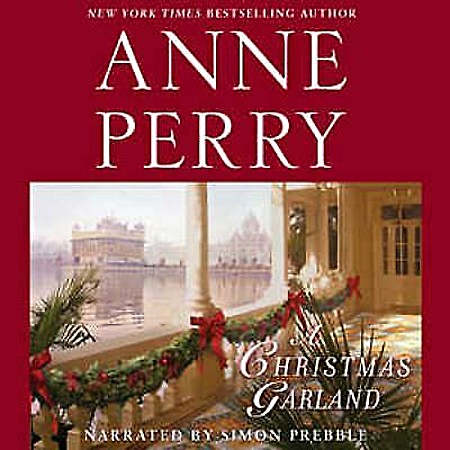
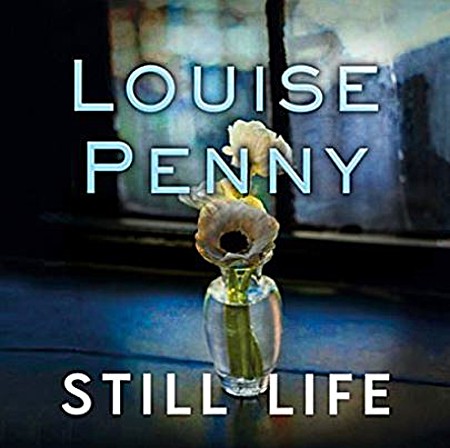
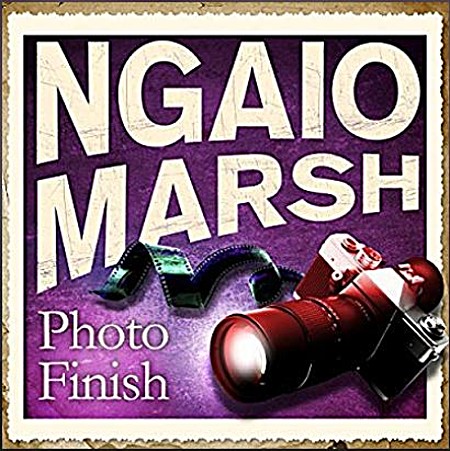

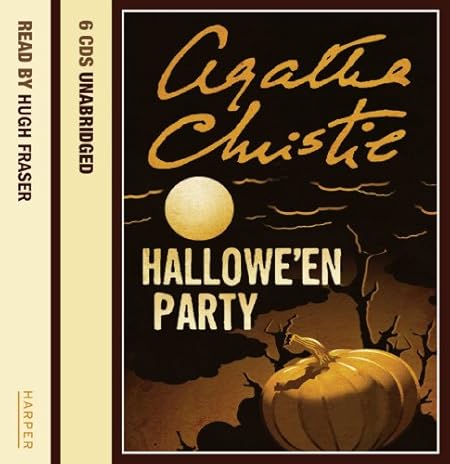
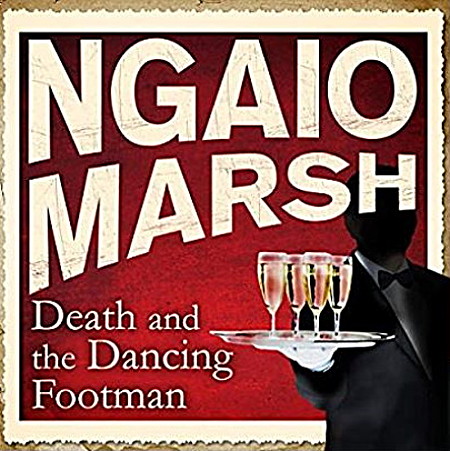
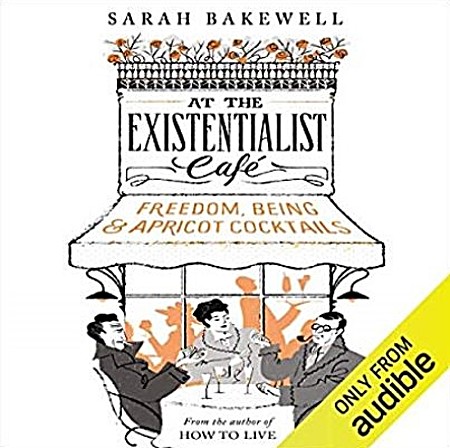
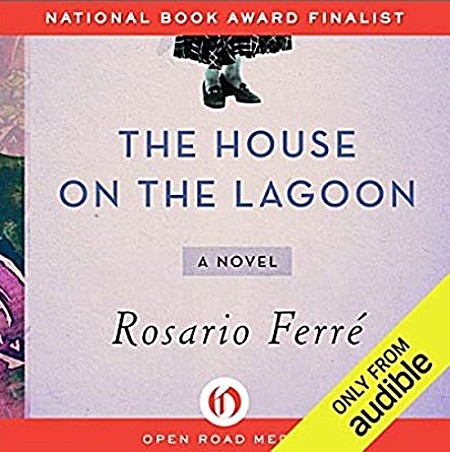

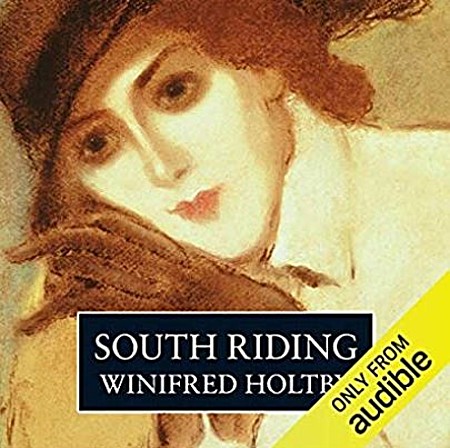
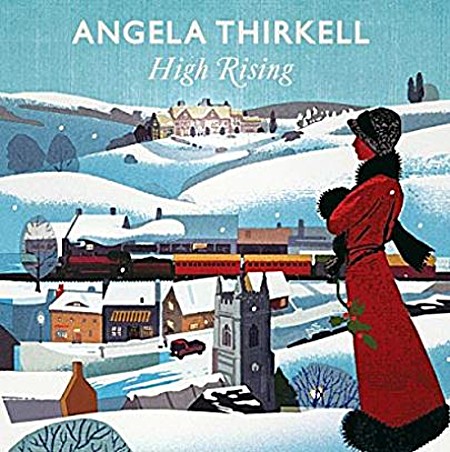
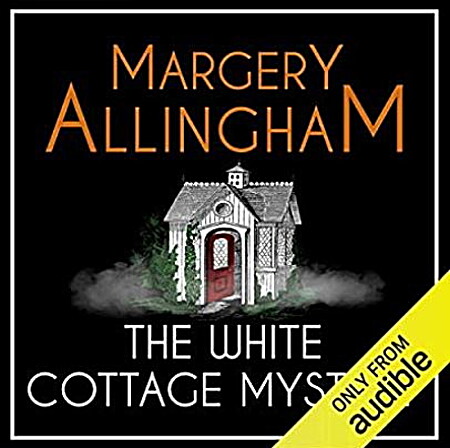

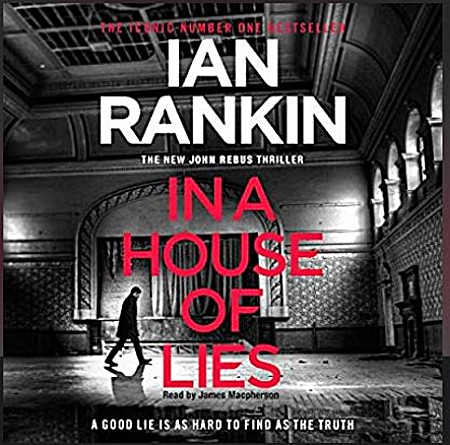
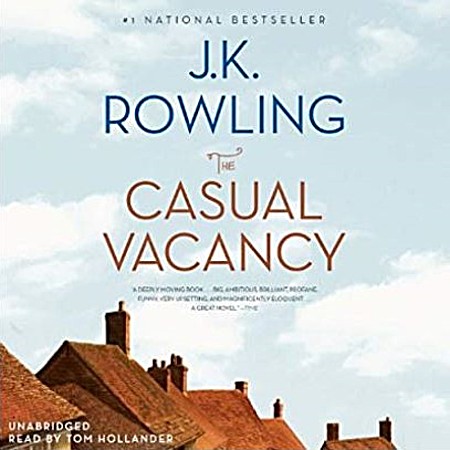
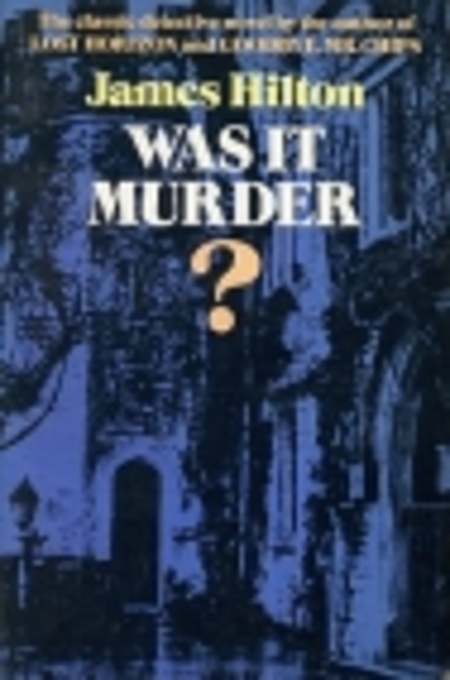
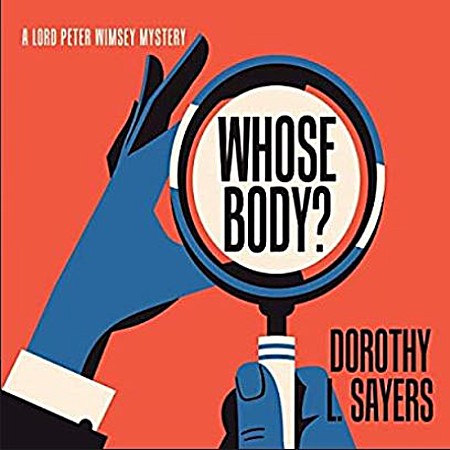
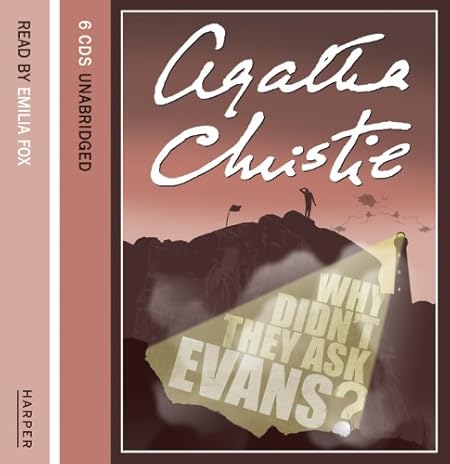
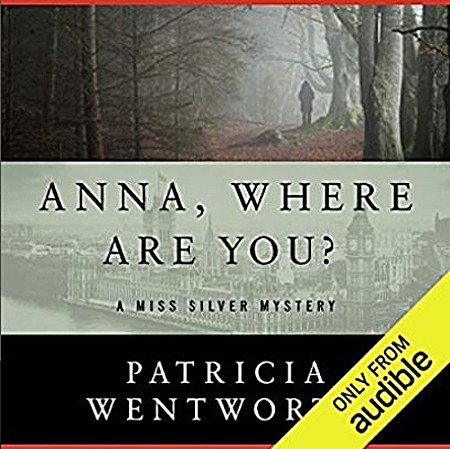
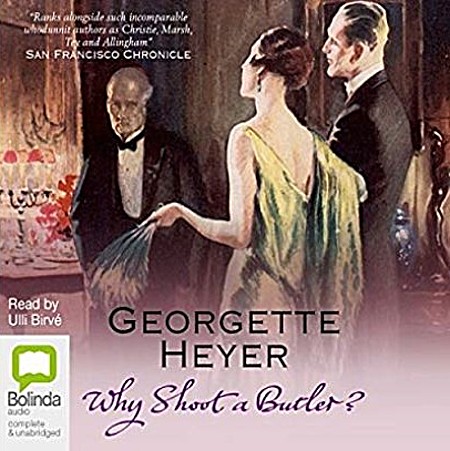

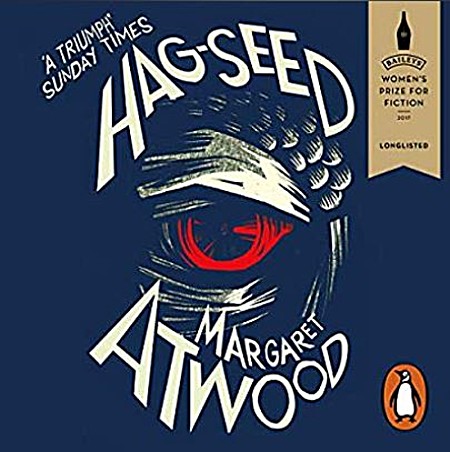
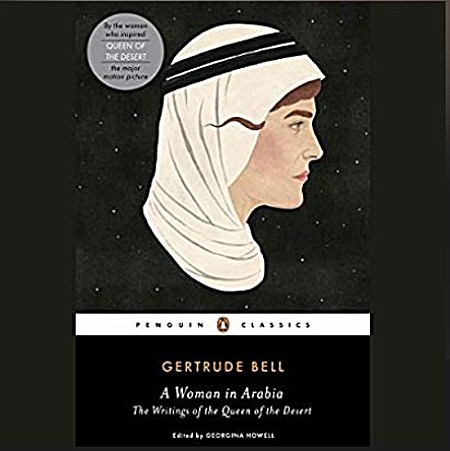




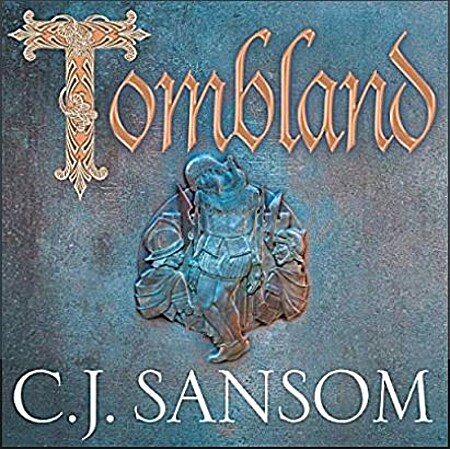




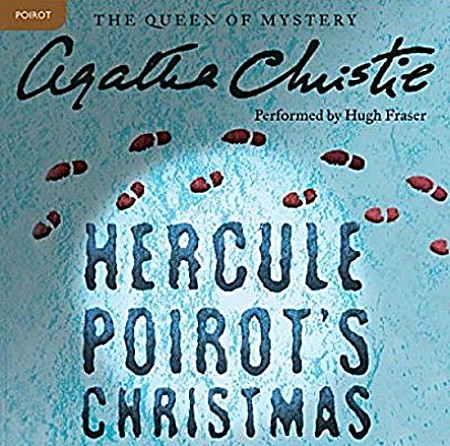
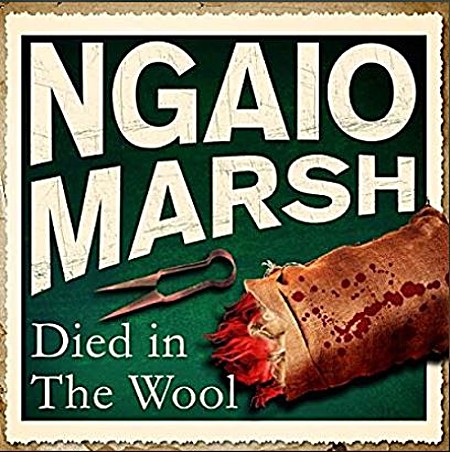
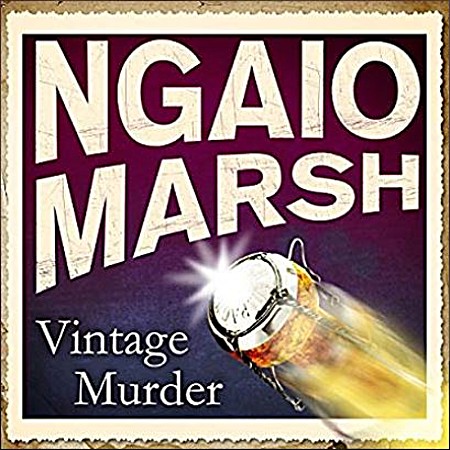






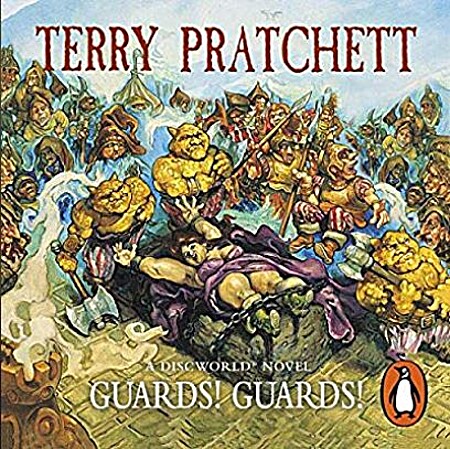
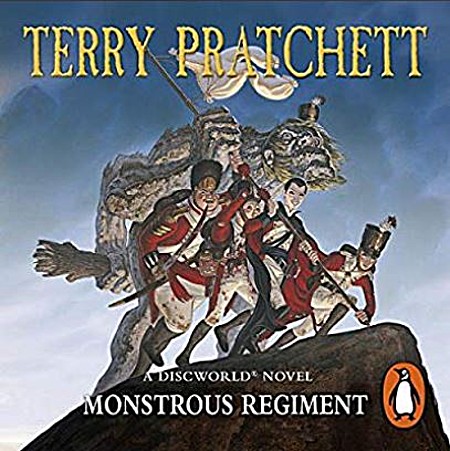
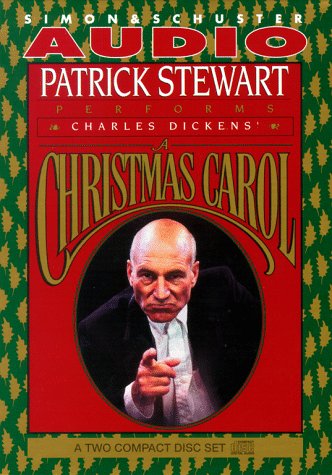




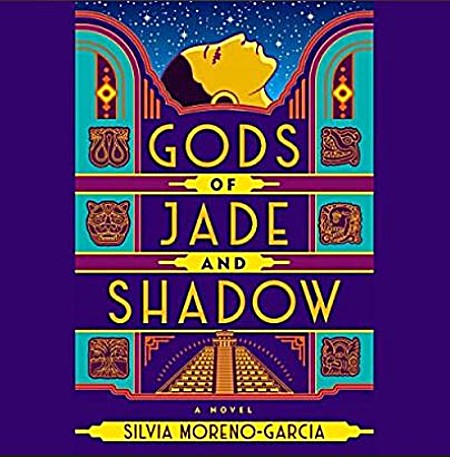

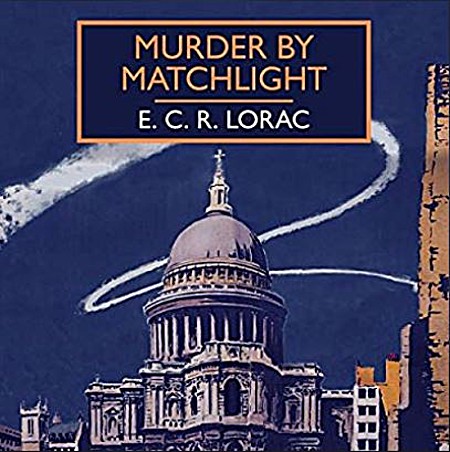
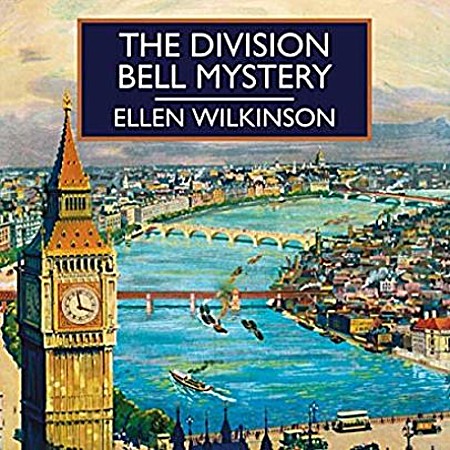
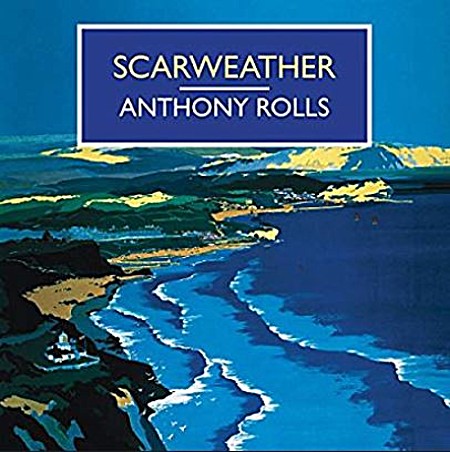




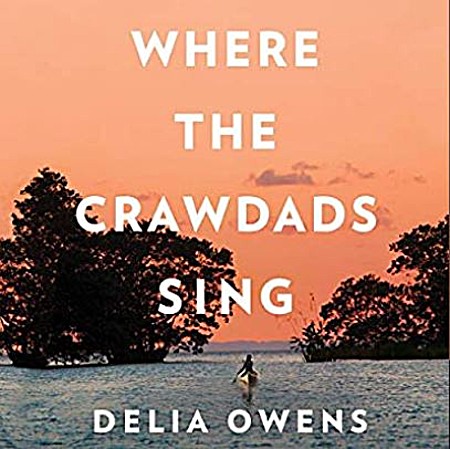


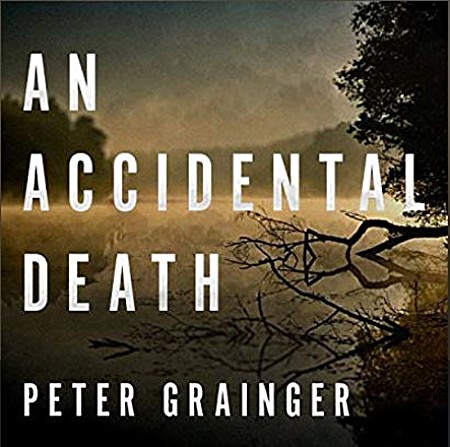
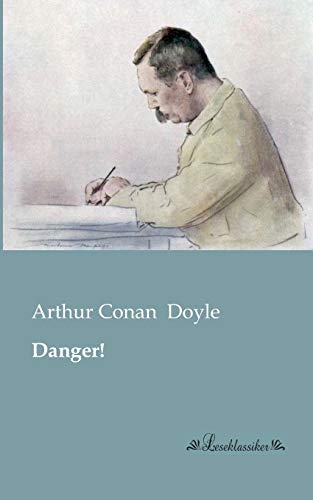

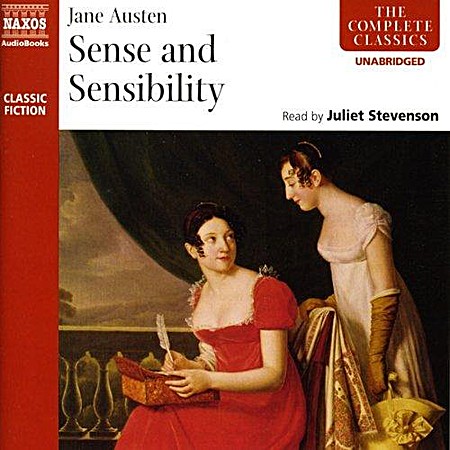




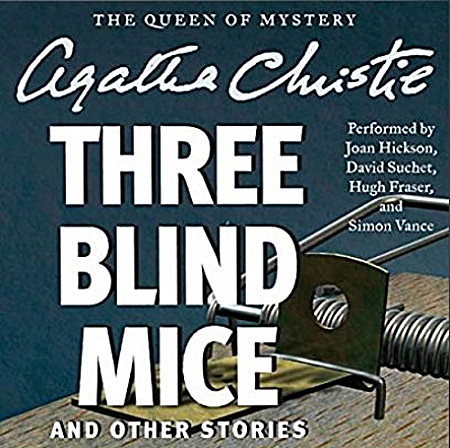
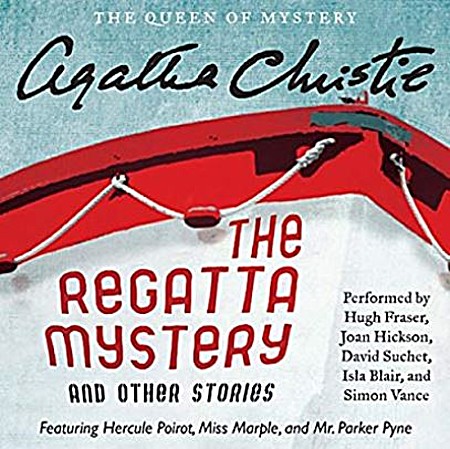







You must be logged in to post a comment.